
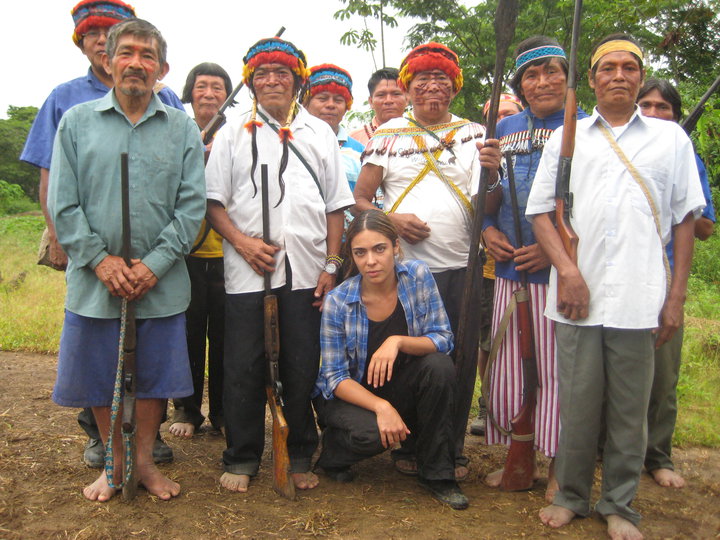
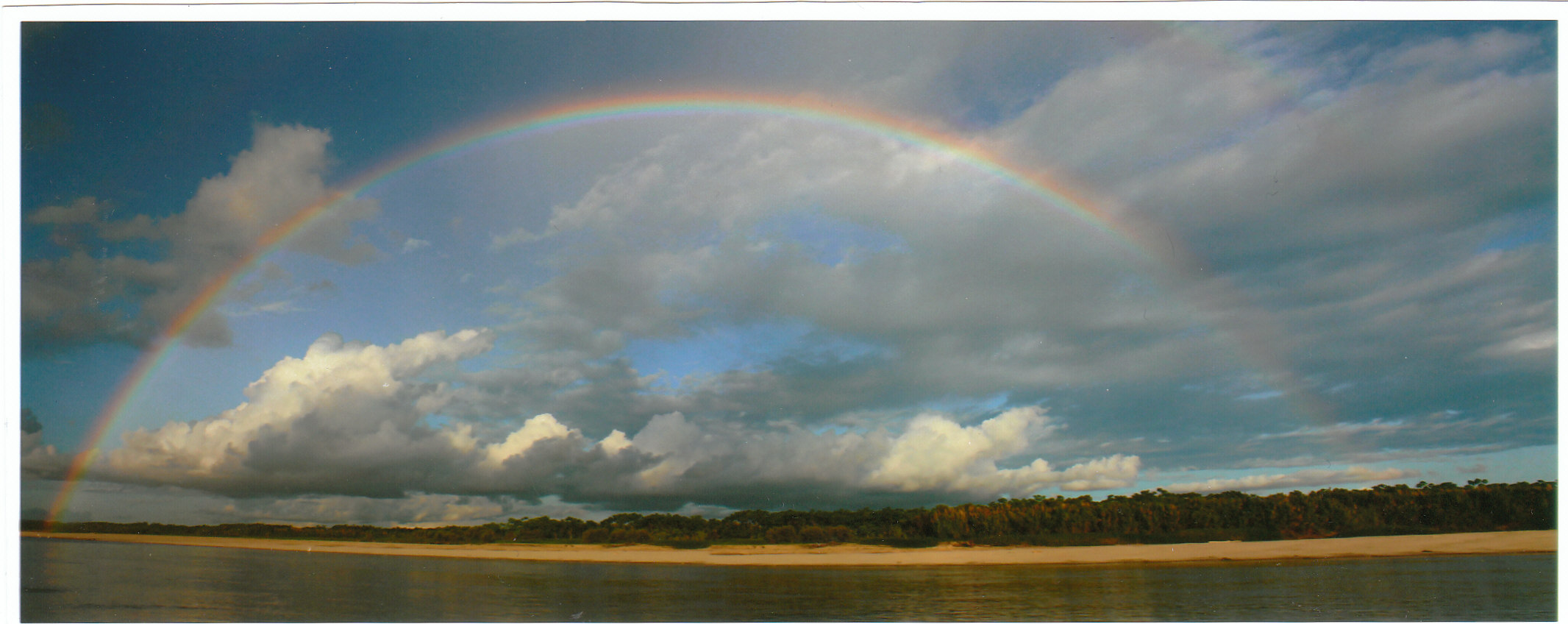
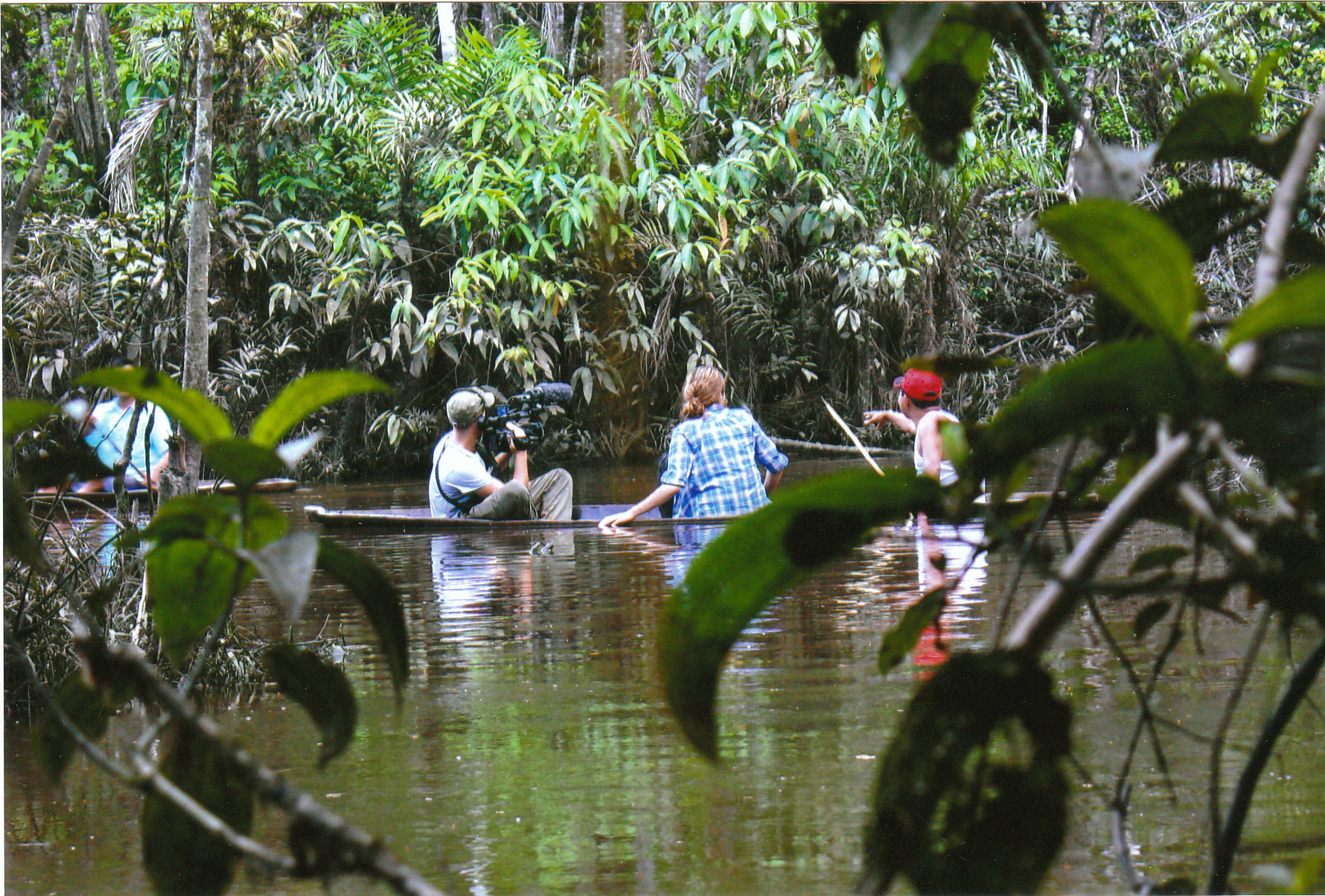
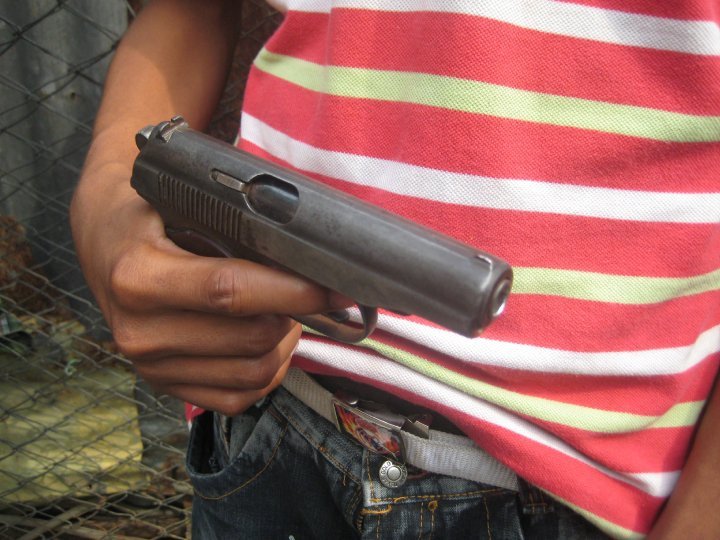
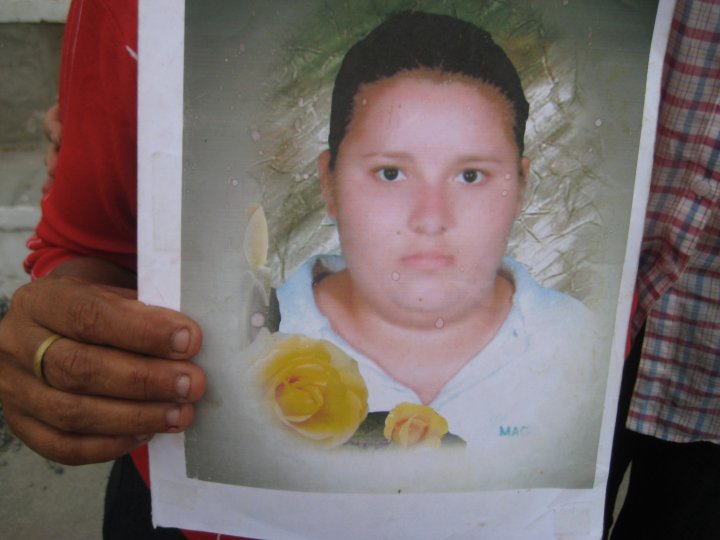

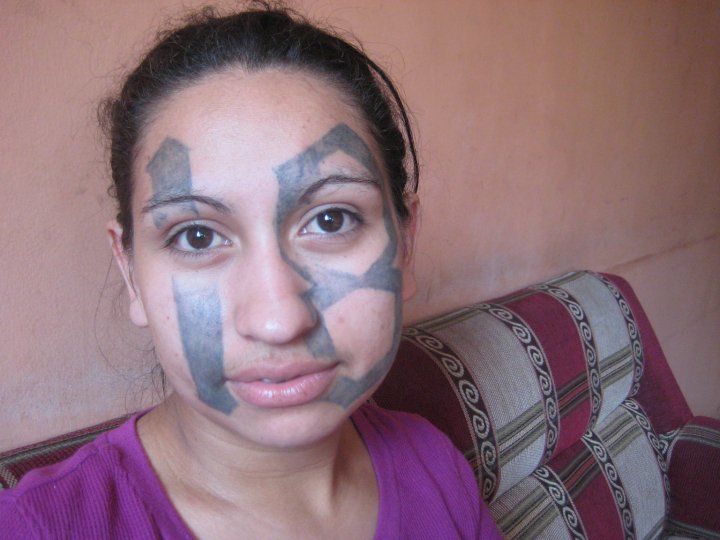
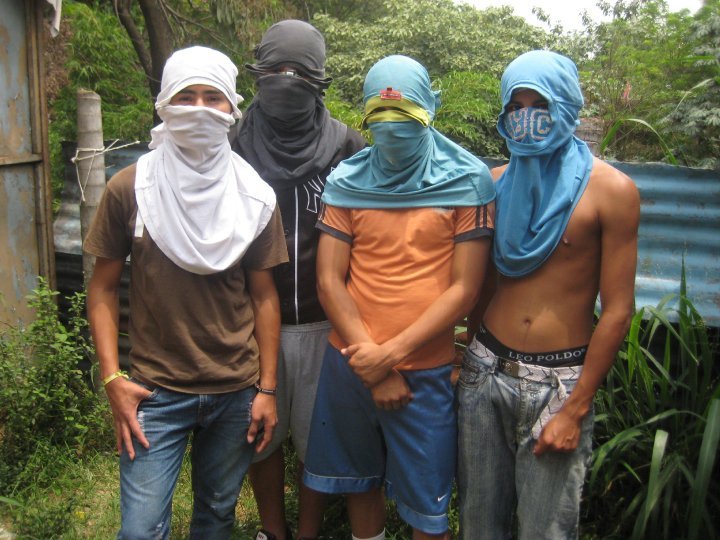
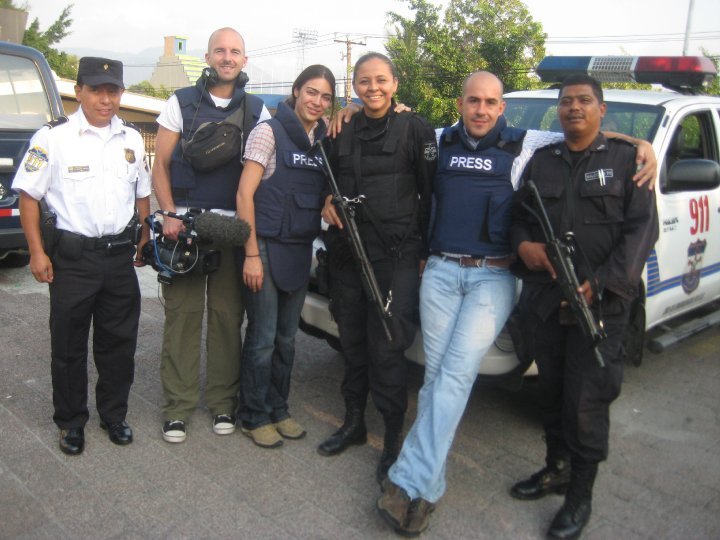

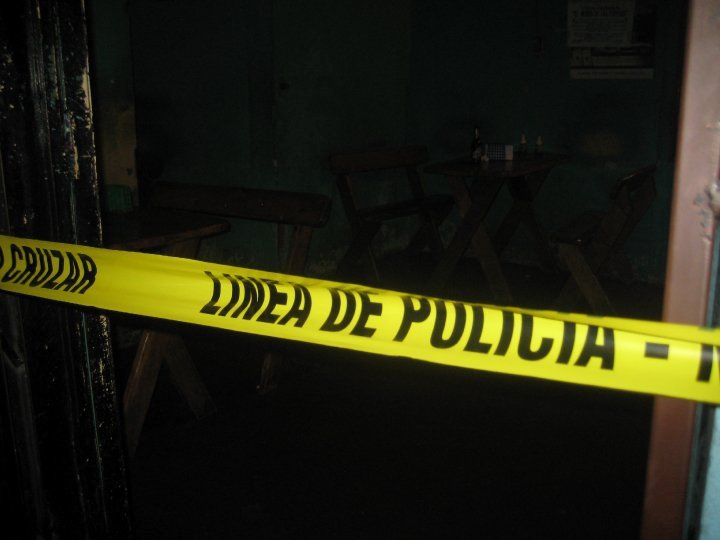

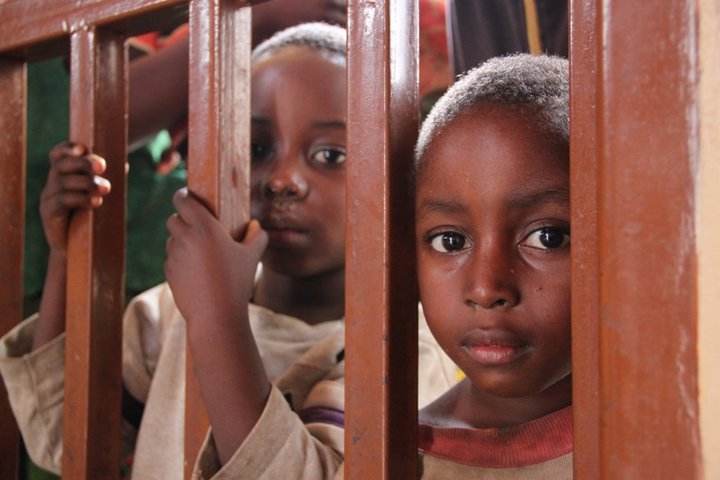
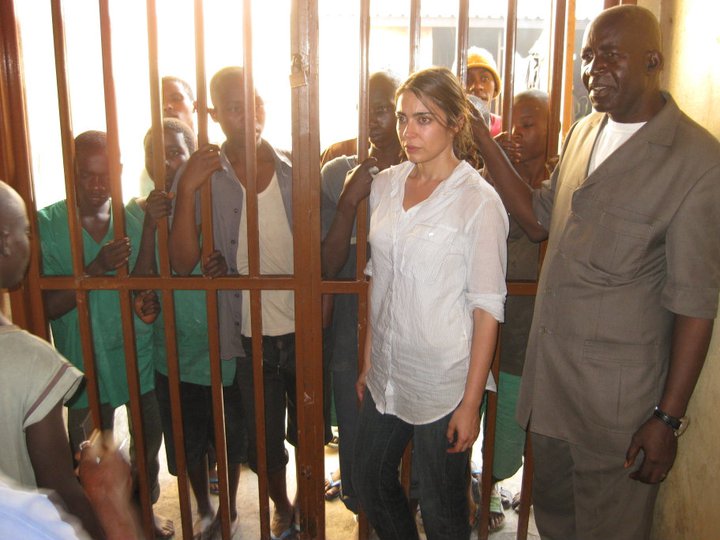
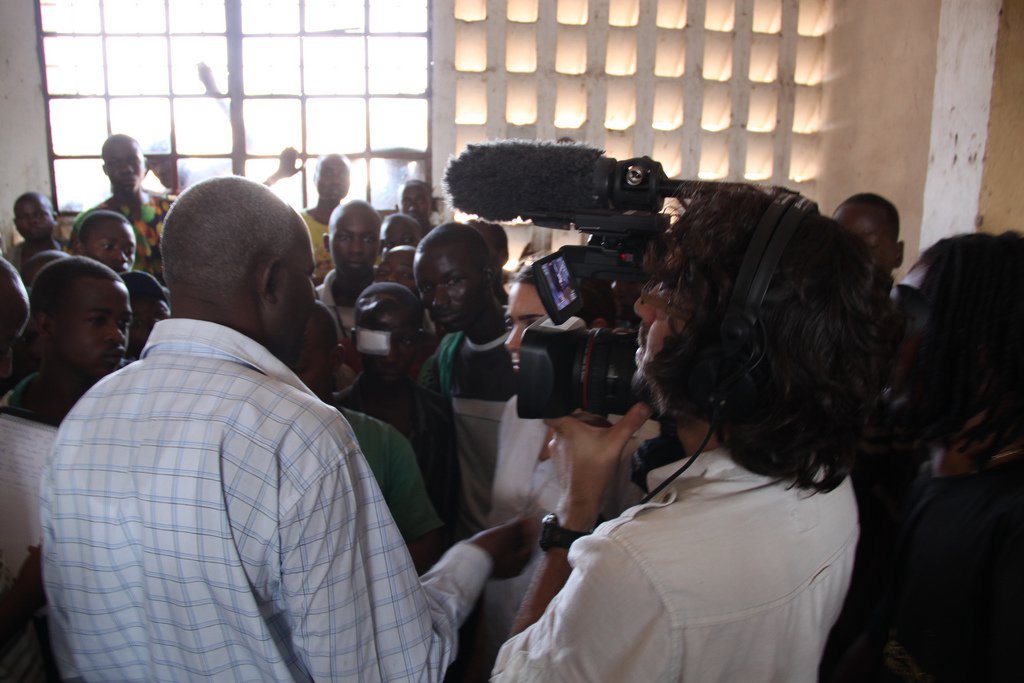
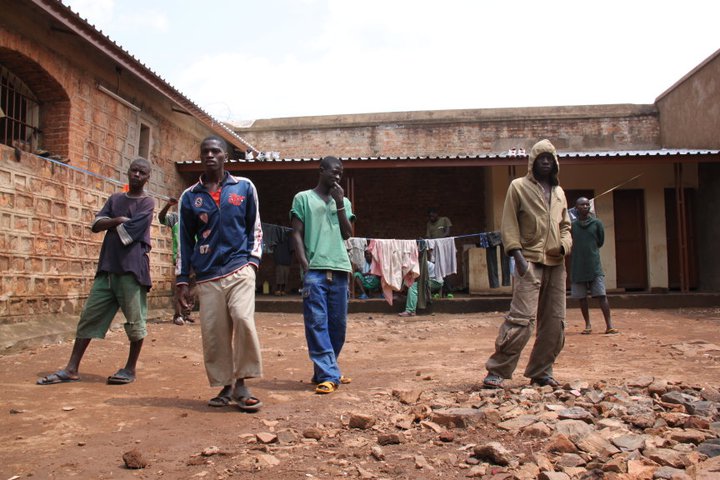

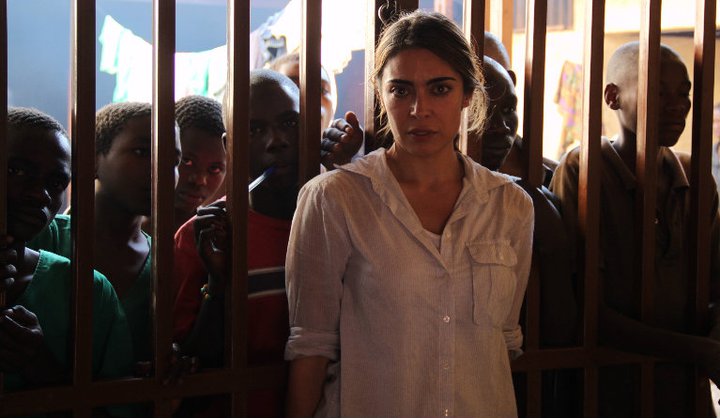
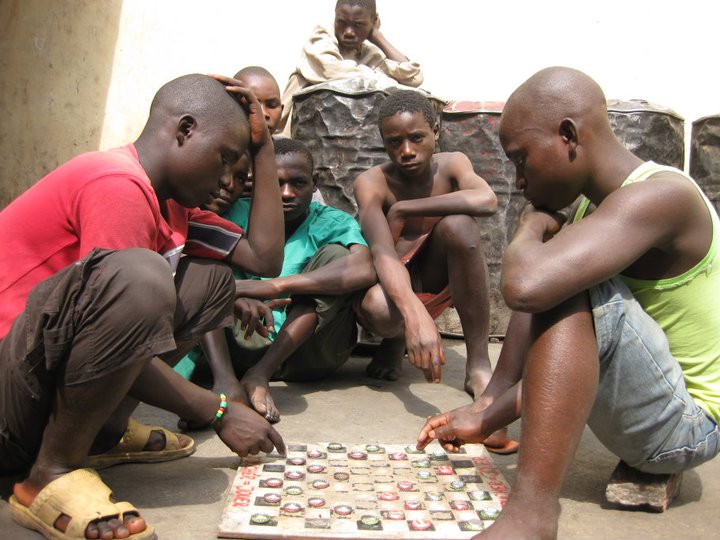
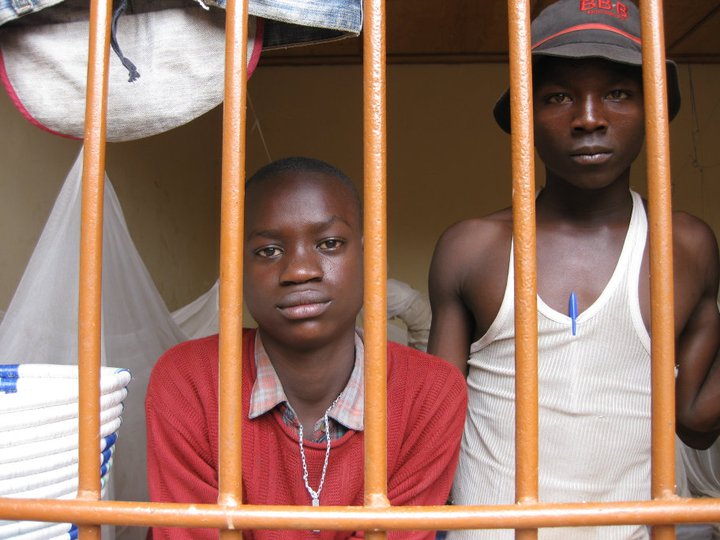
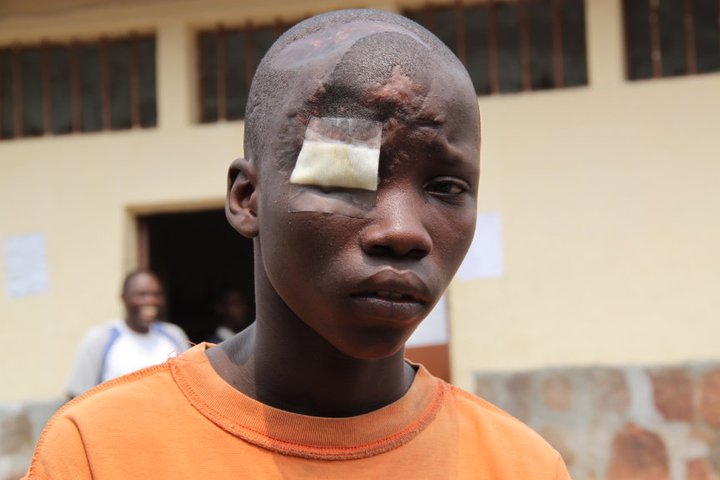
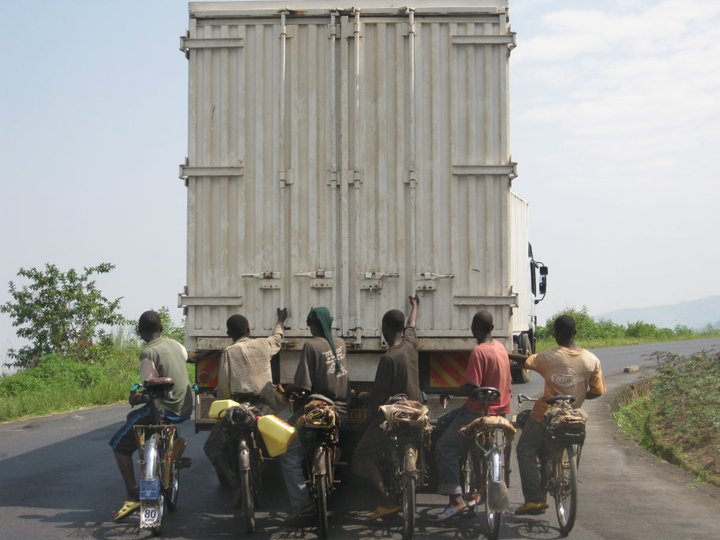
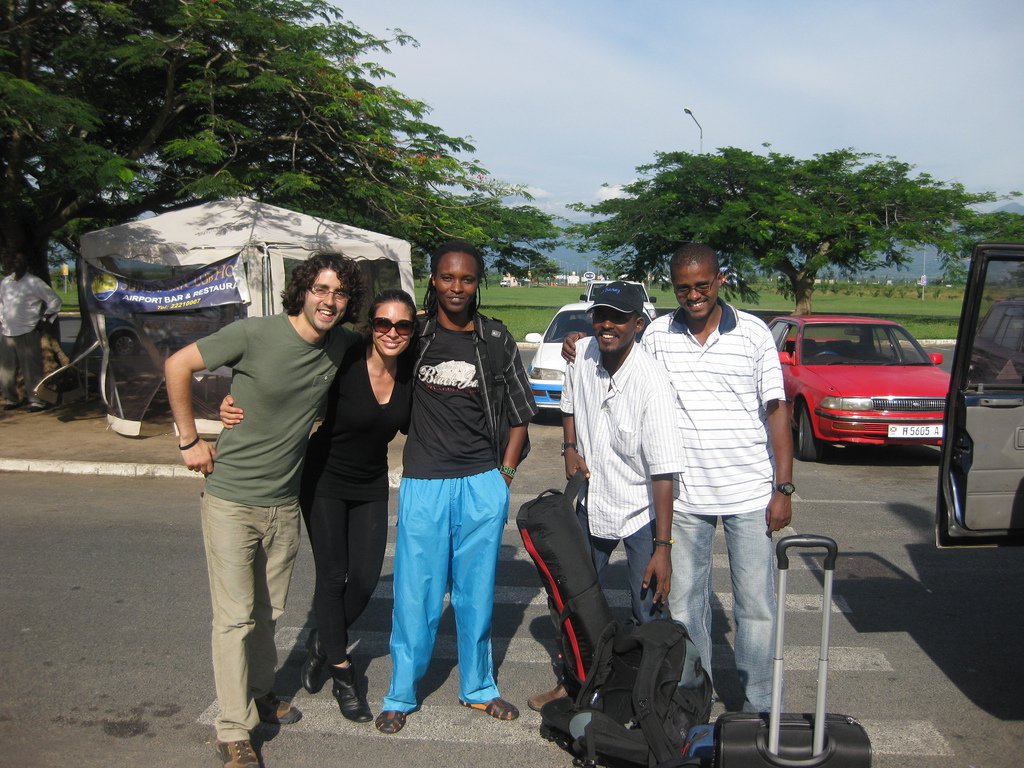

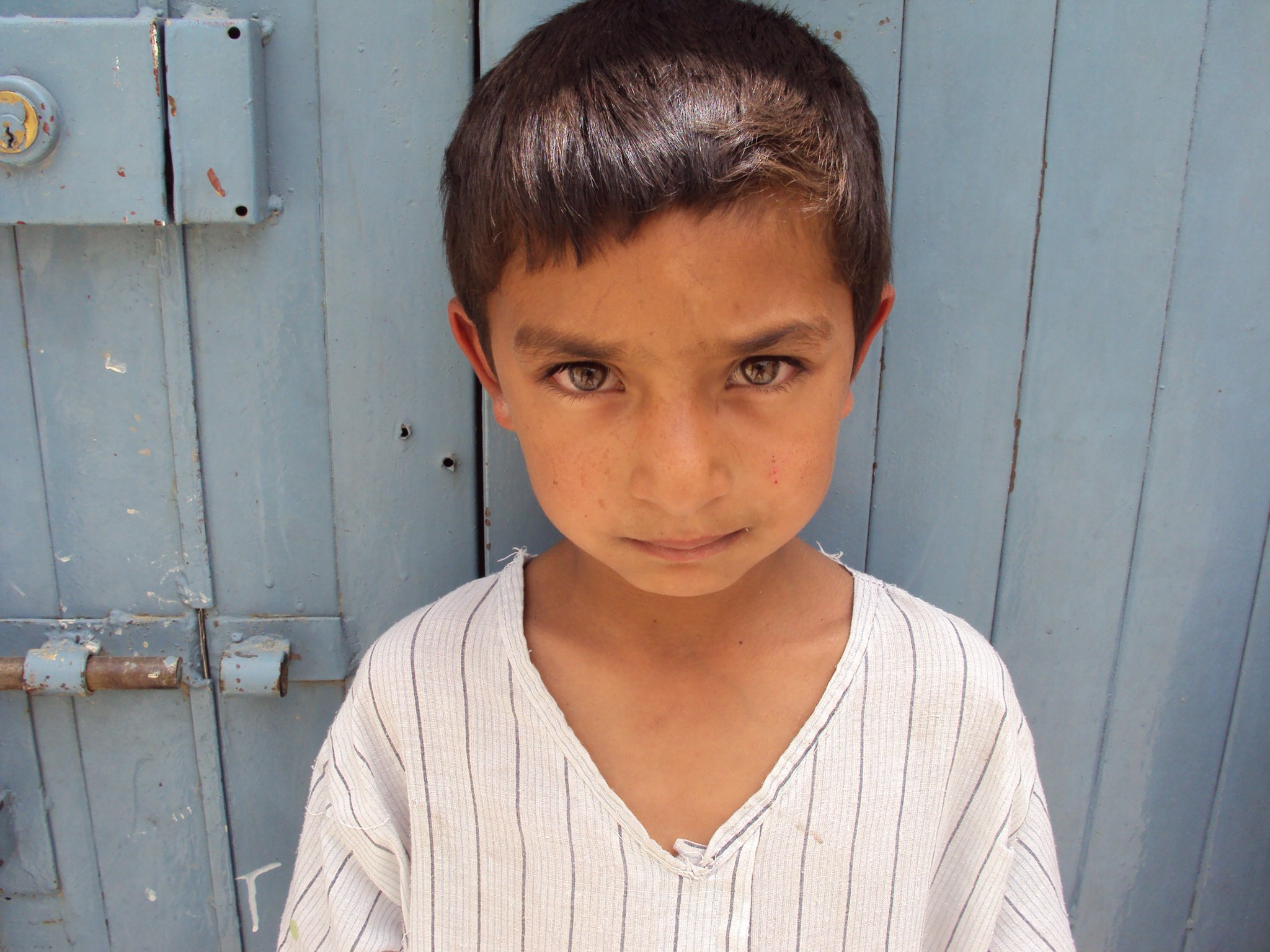



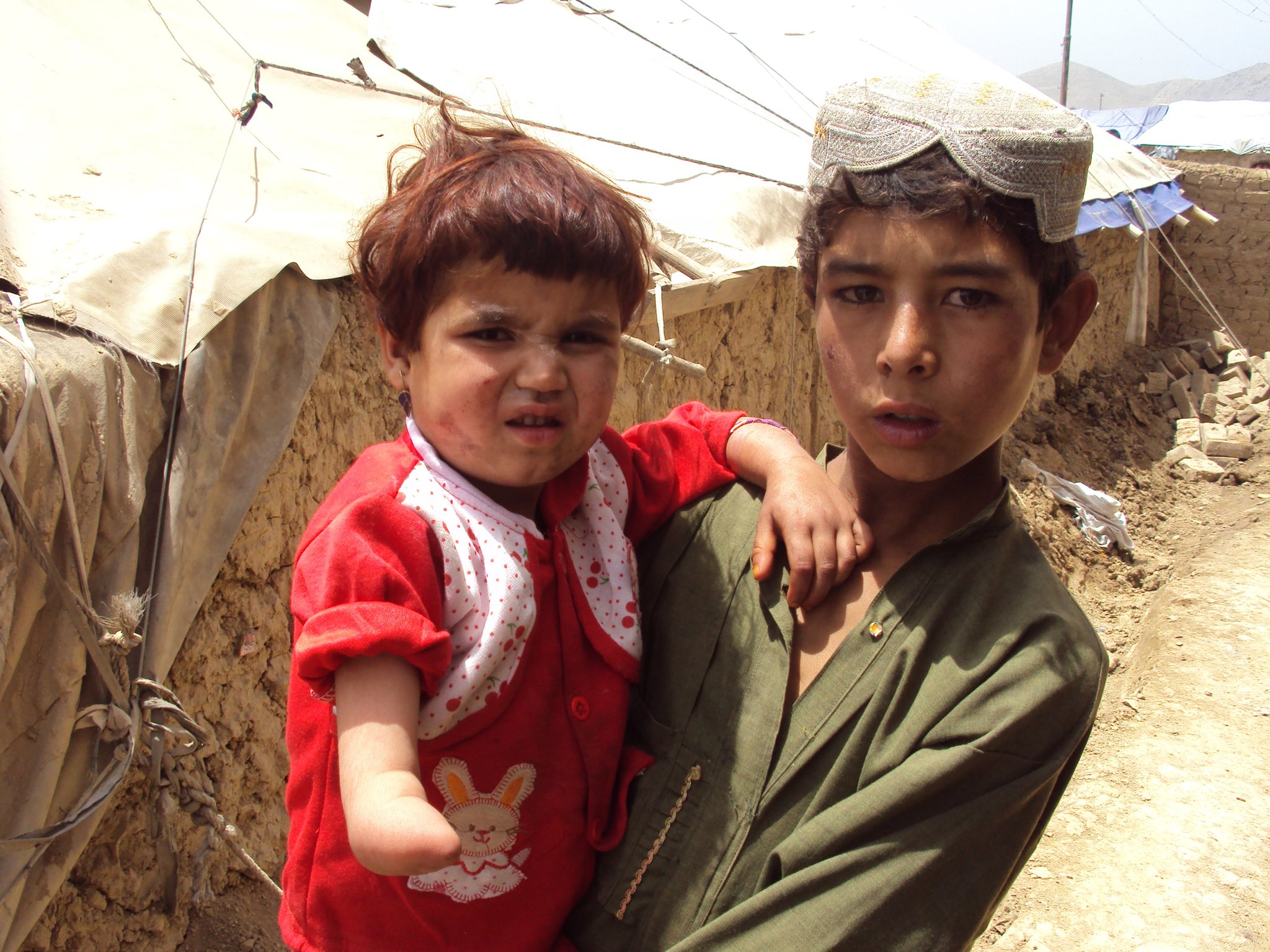
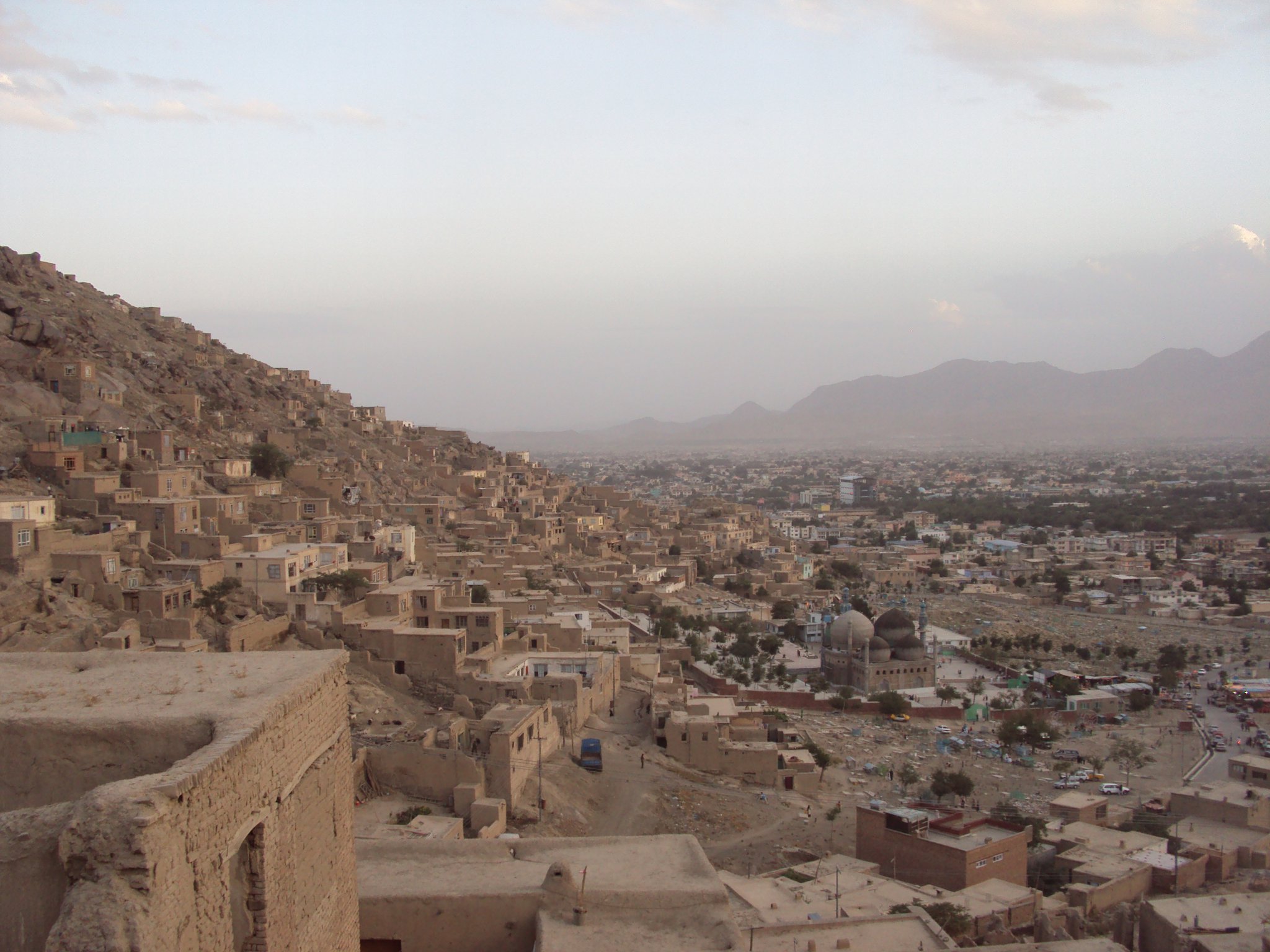
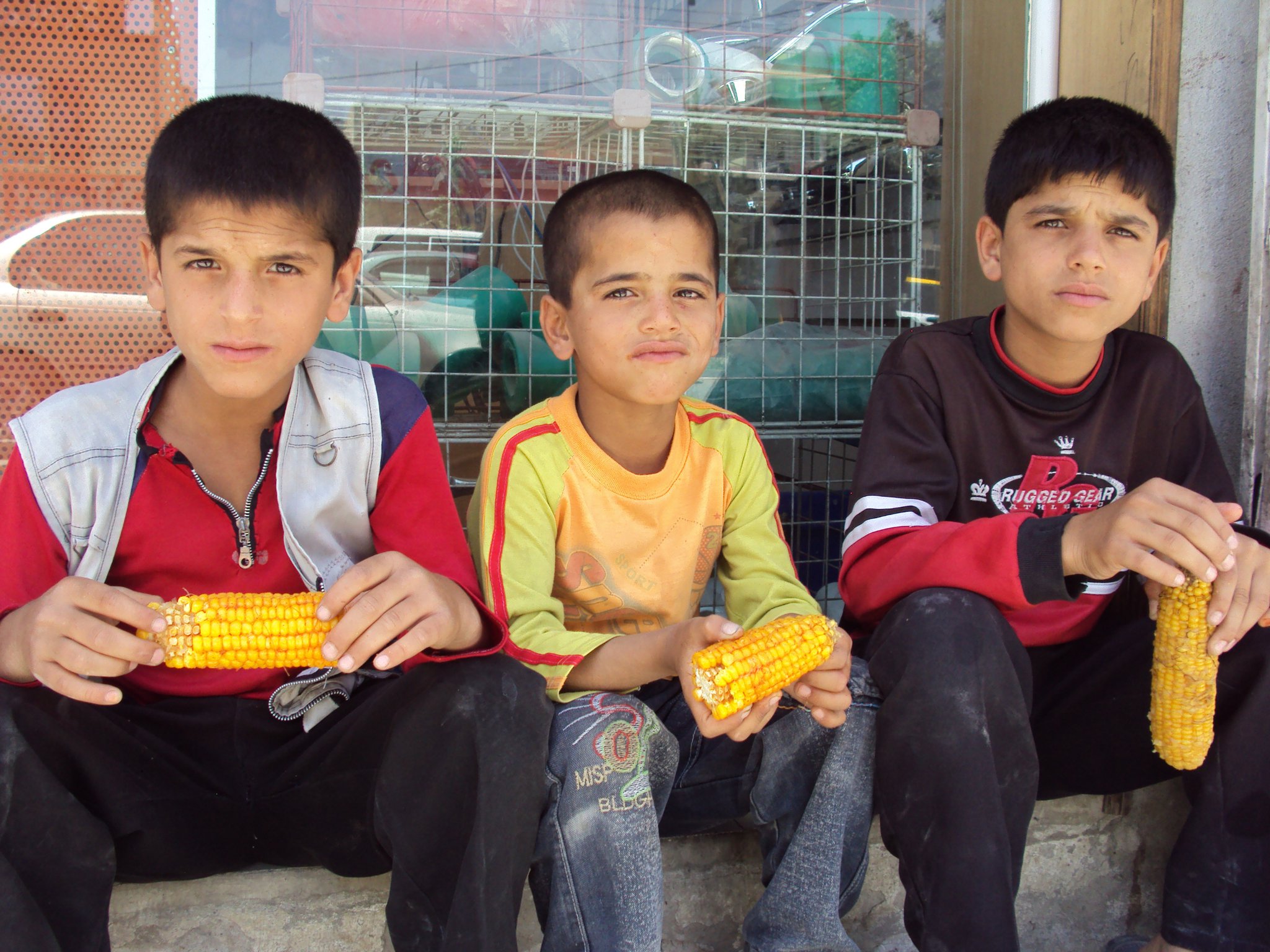

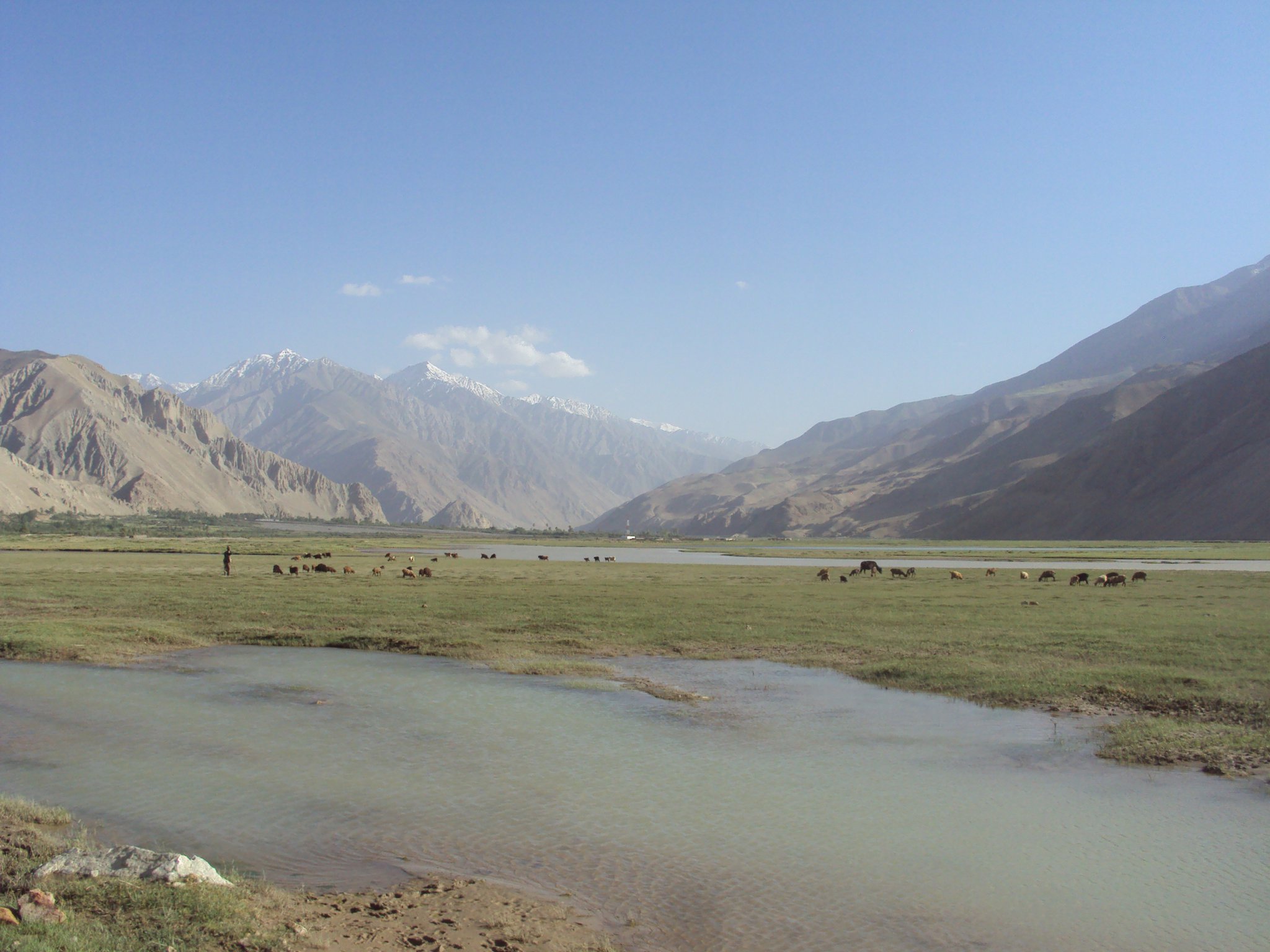
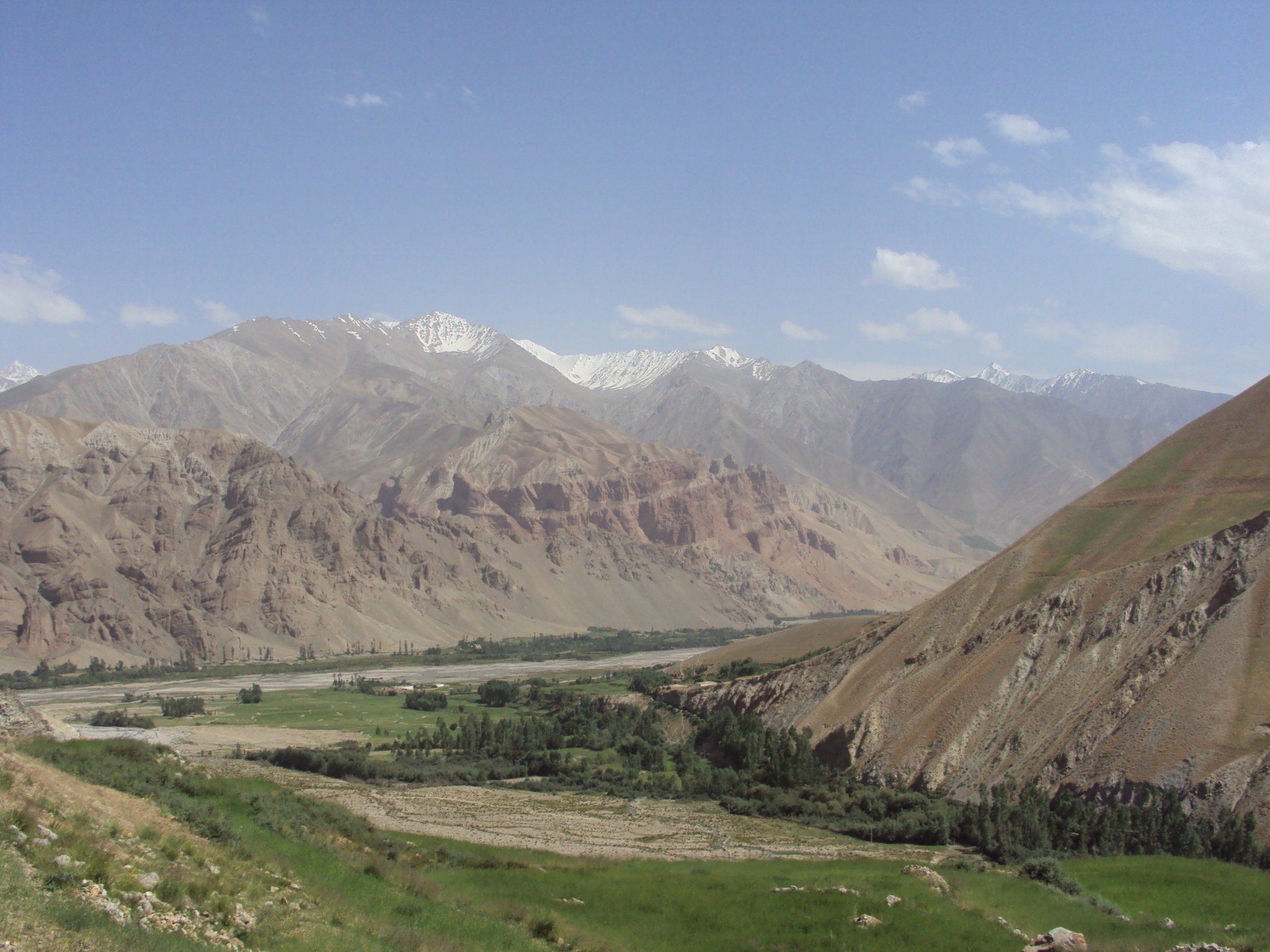
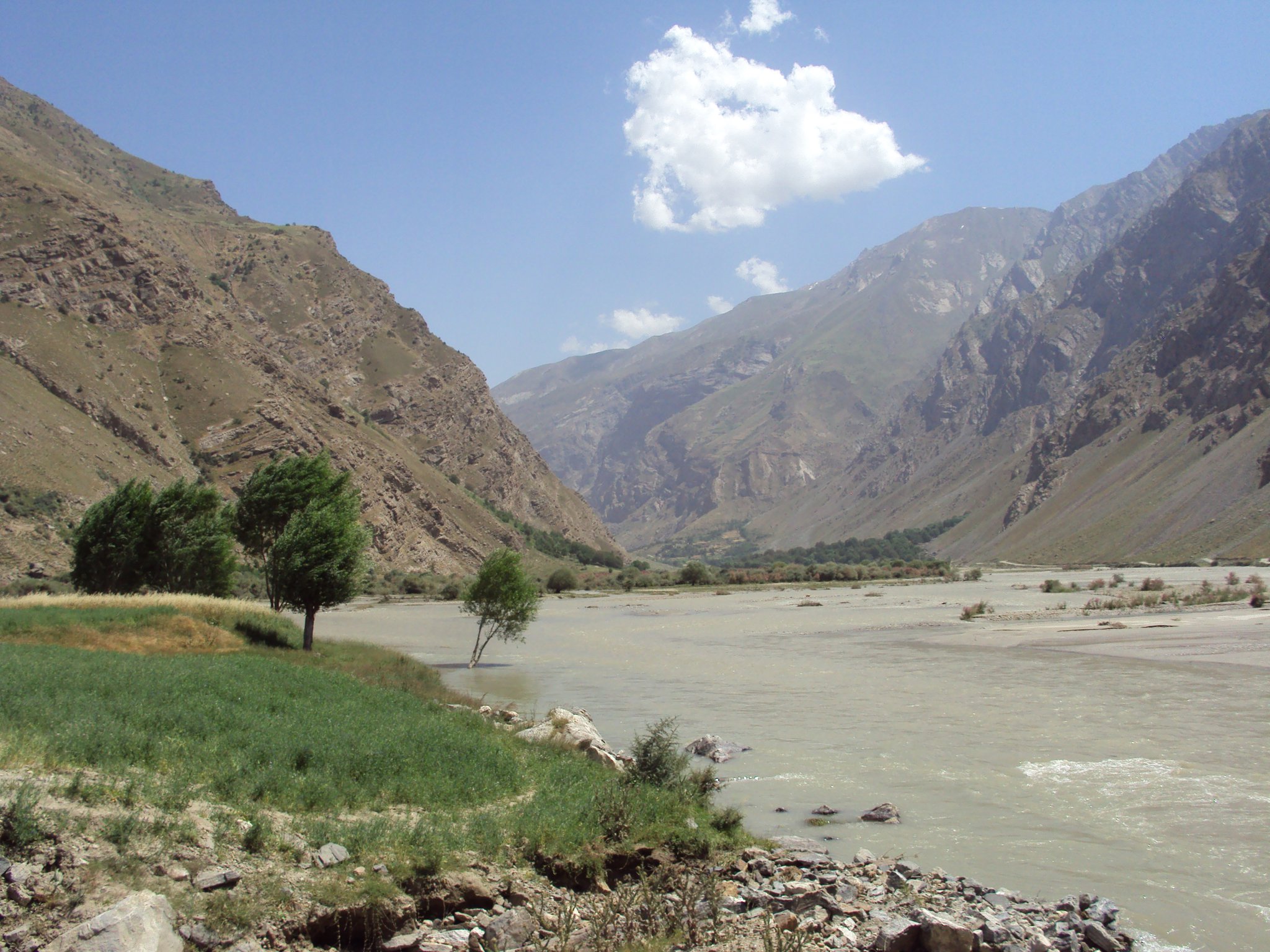

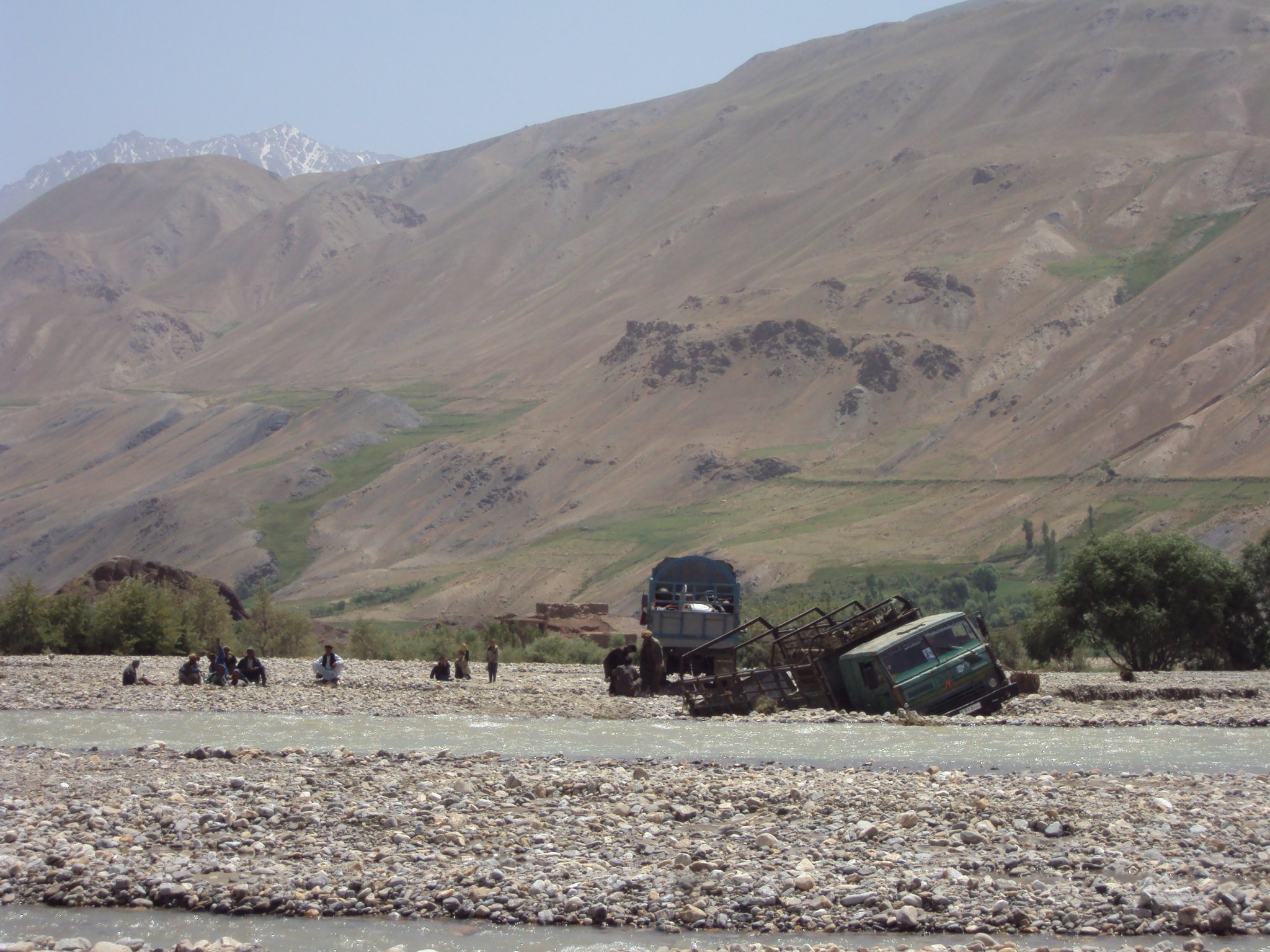
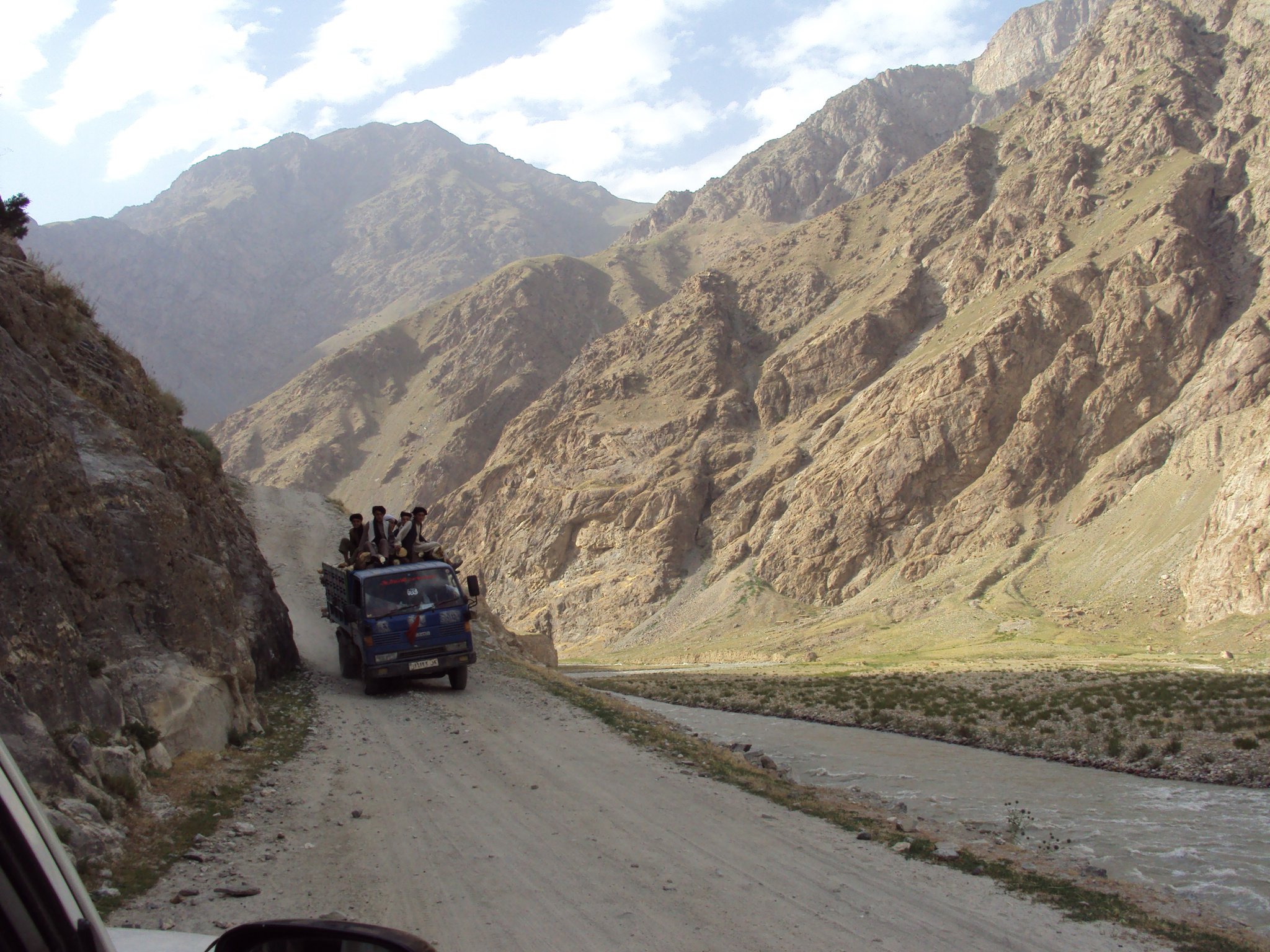
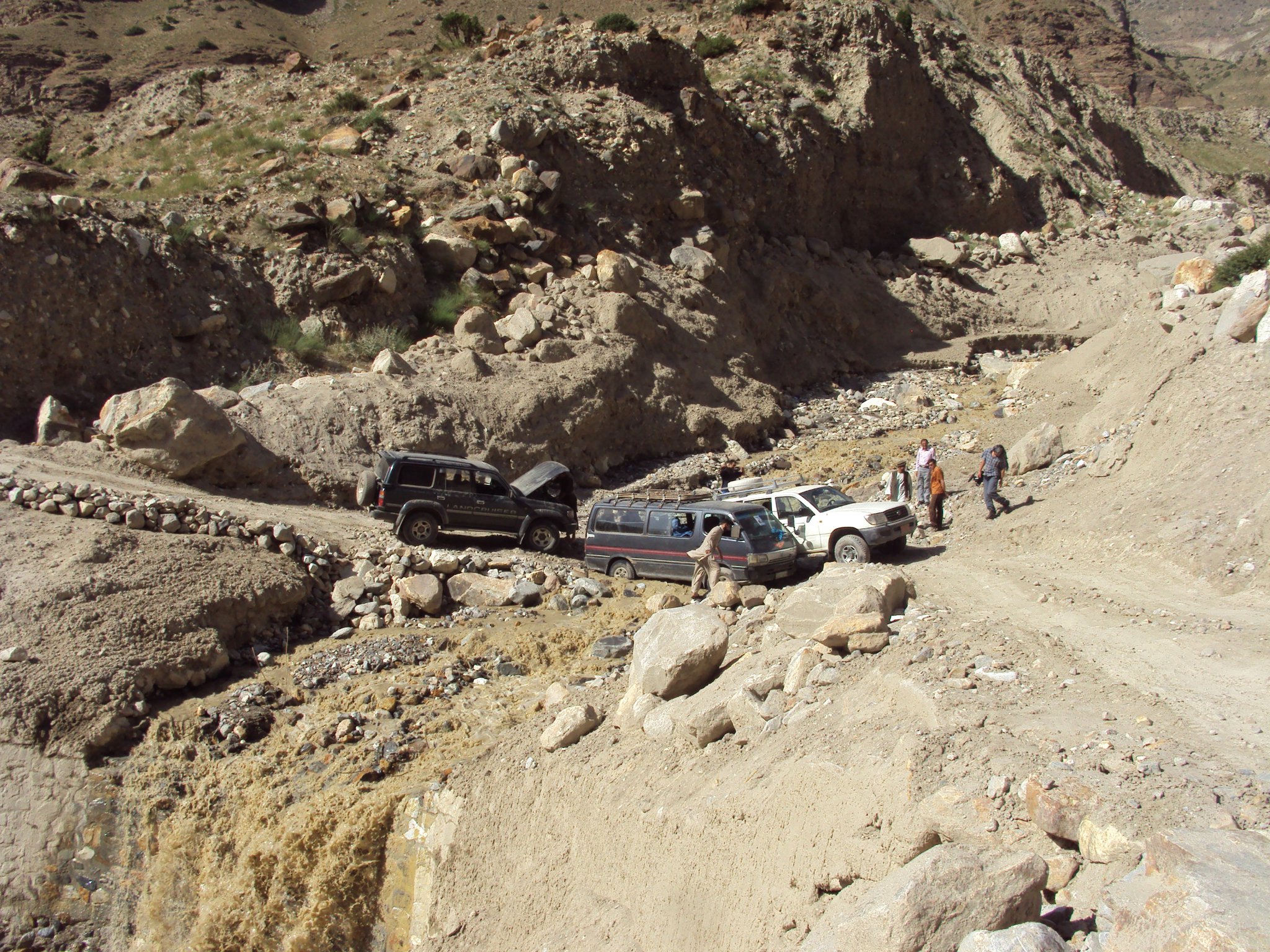
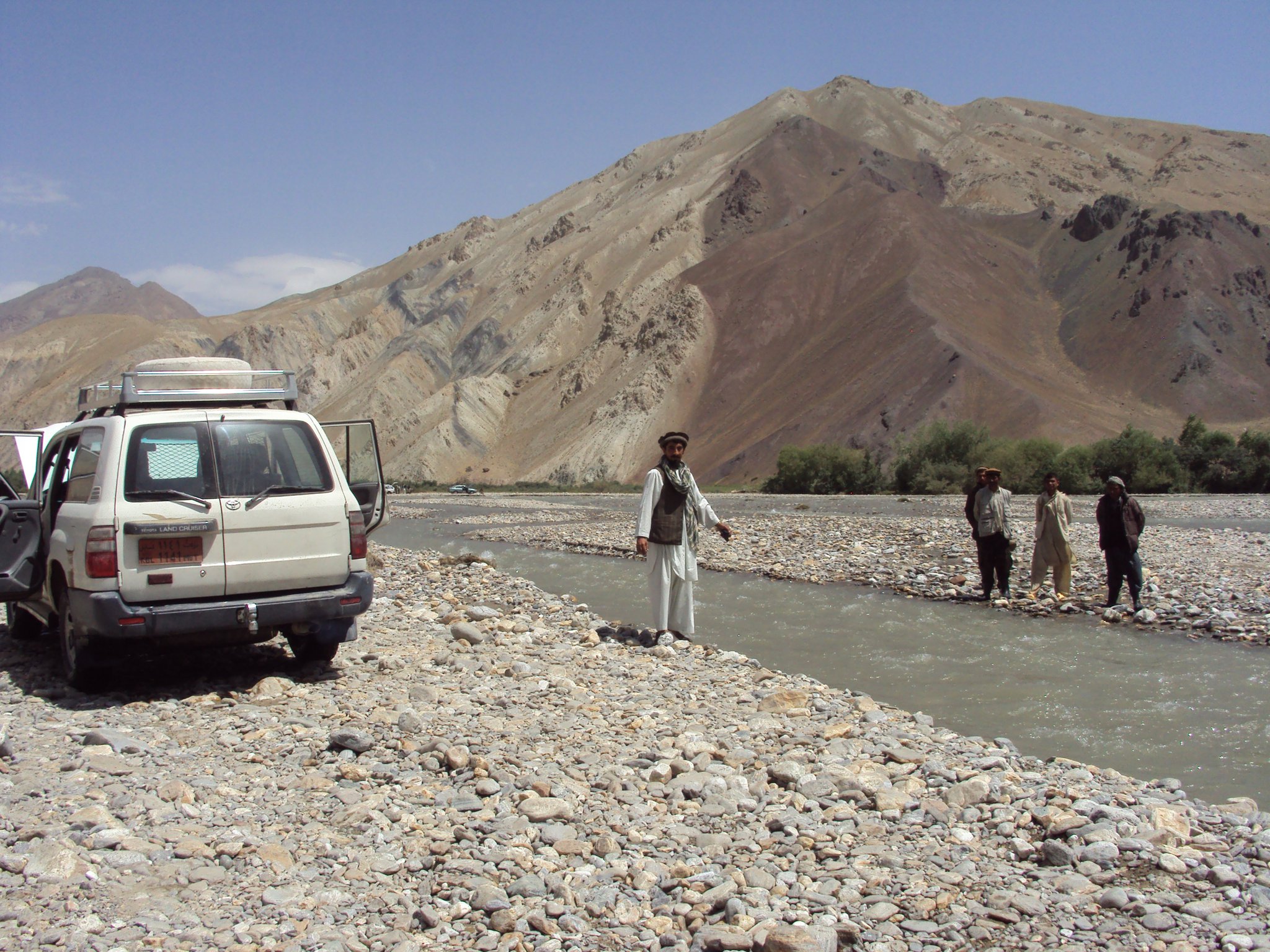
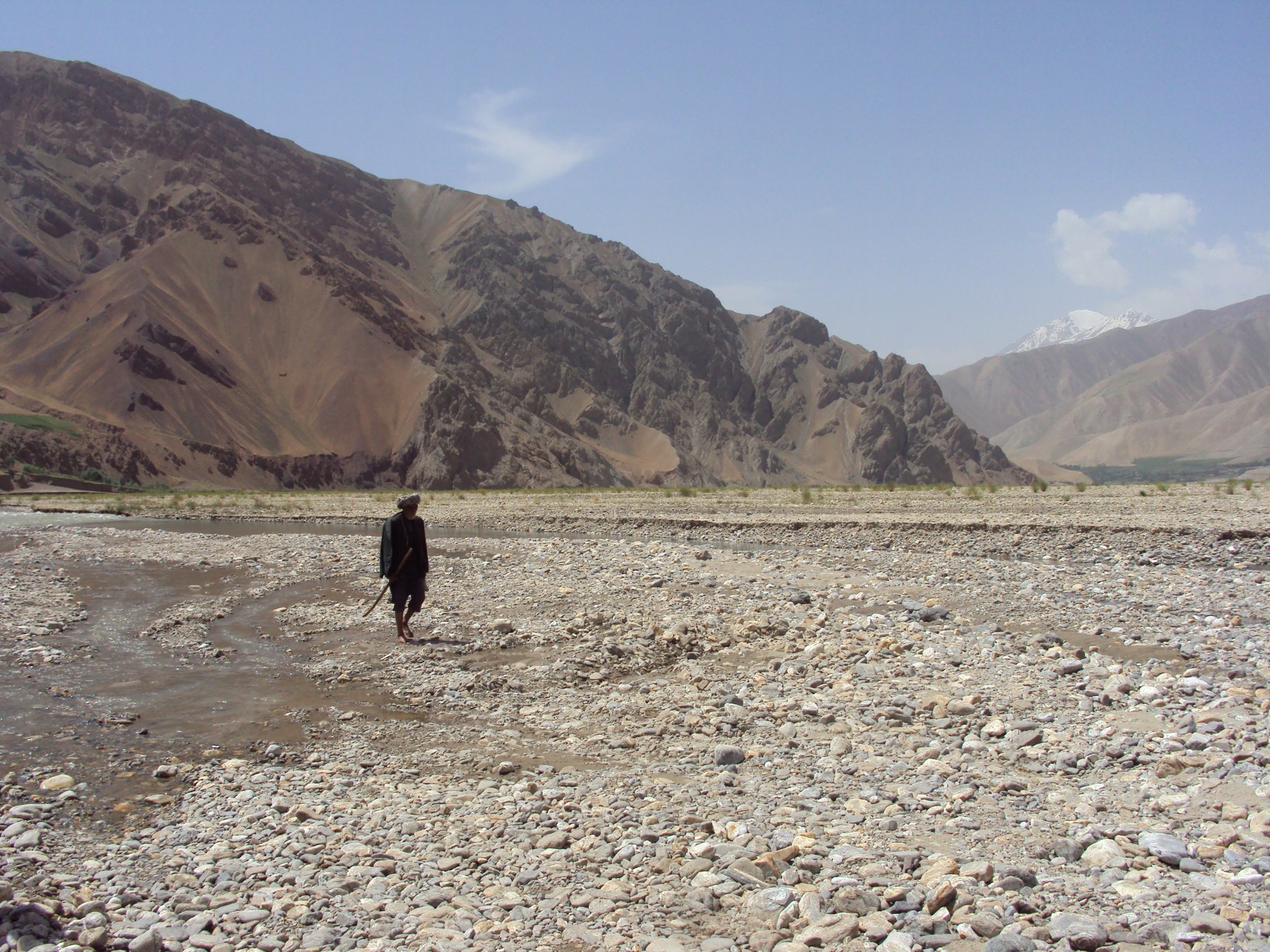
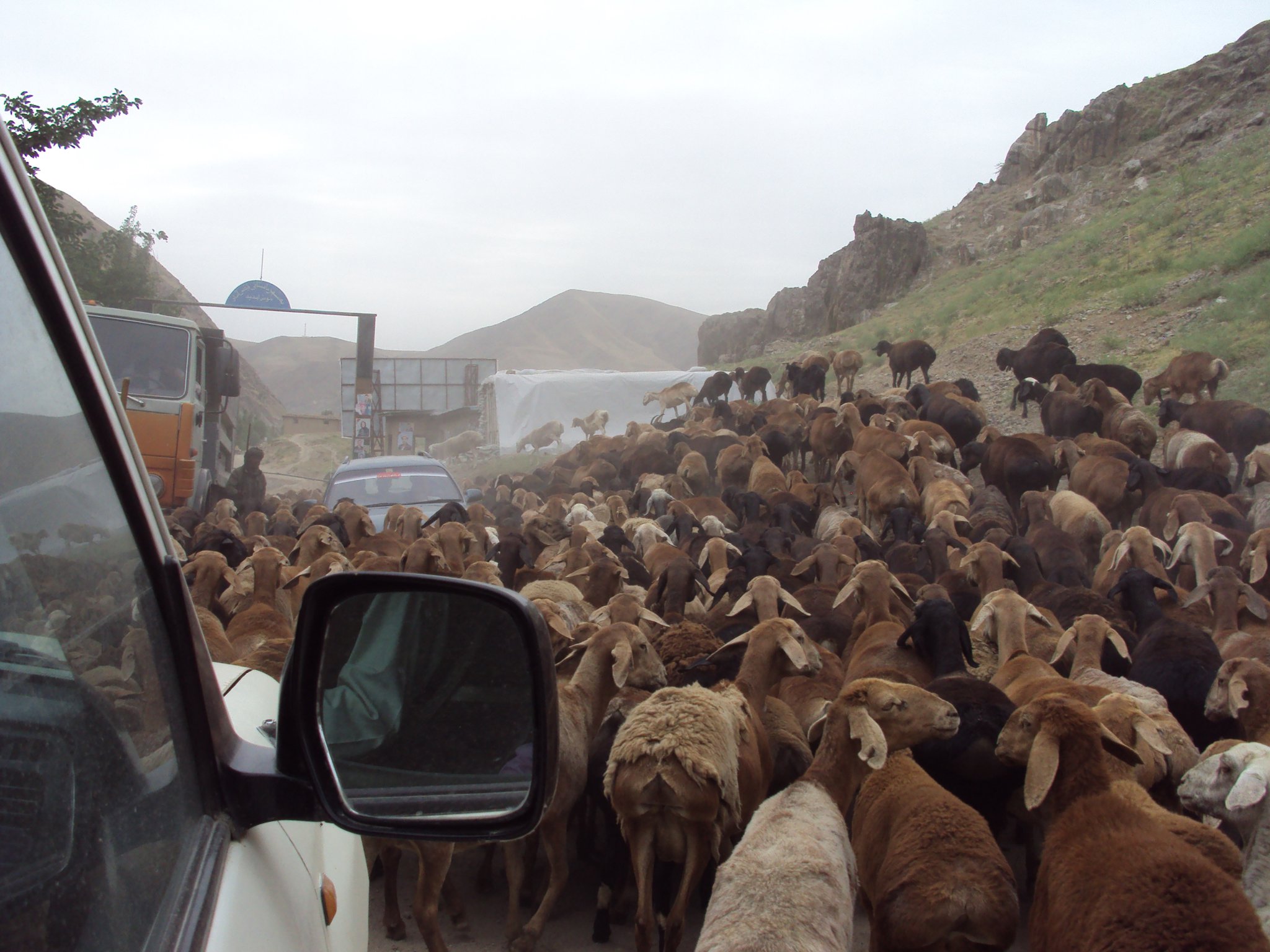
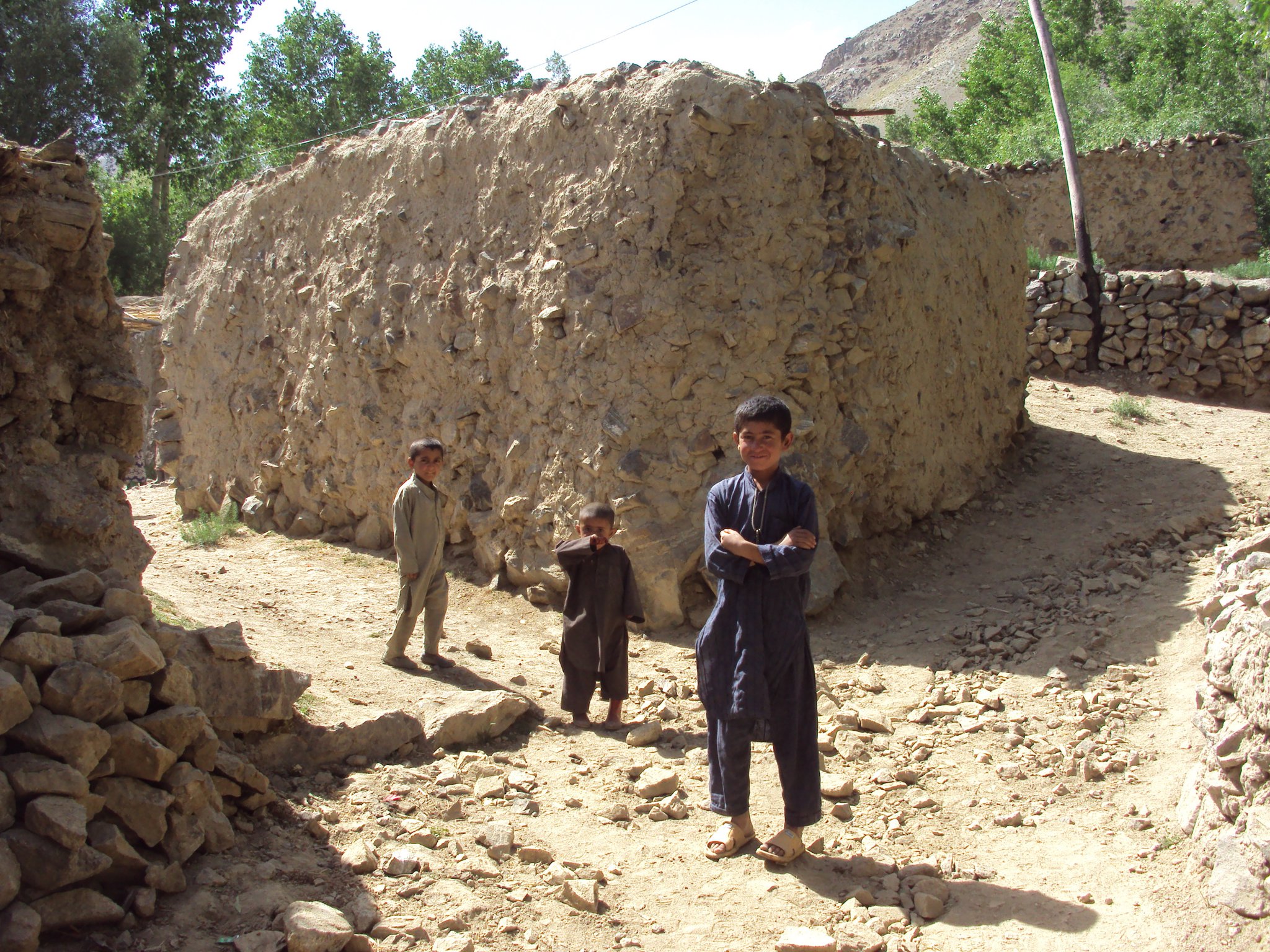
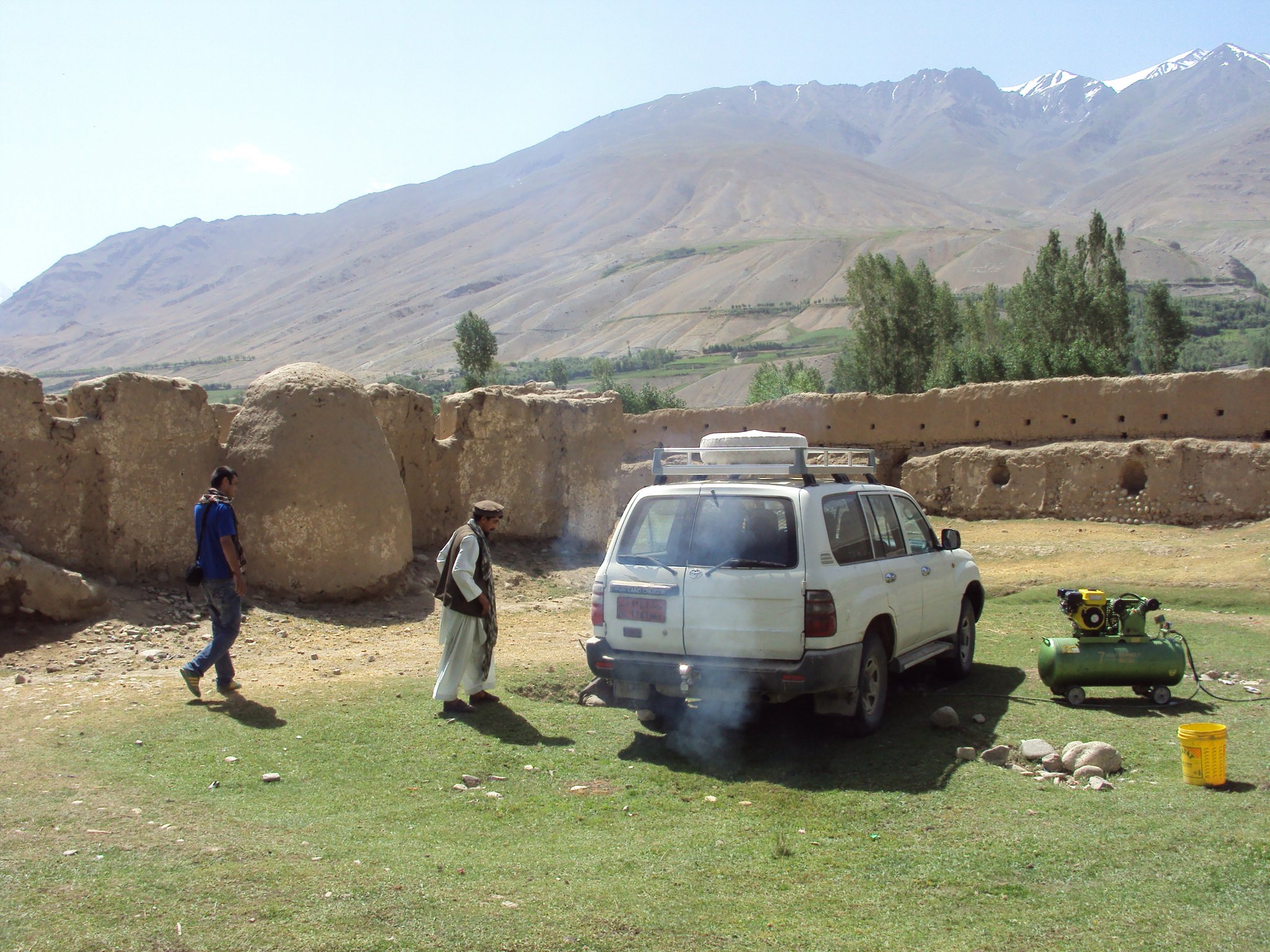
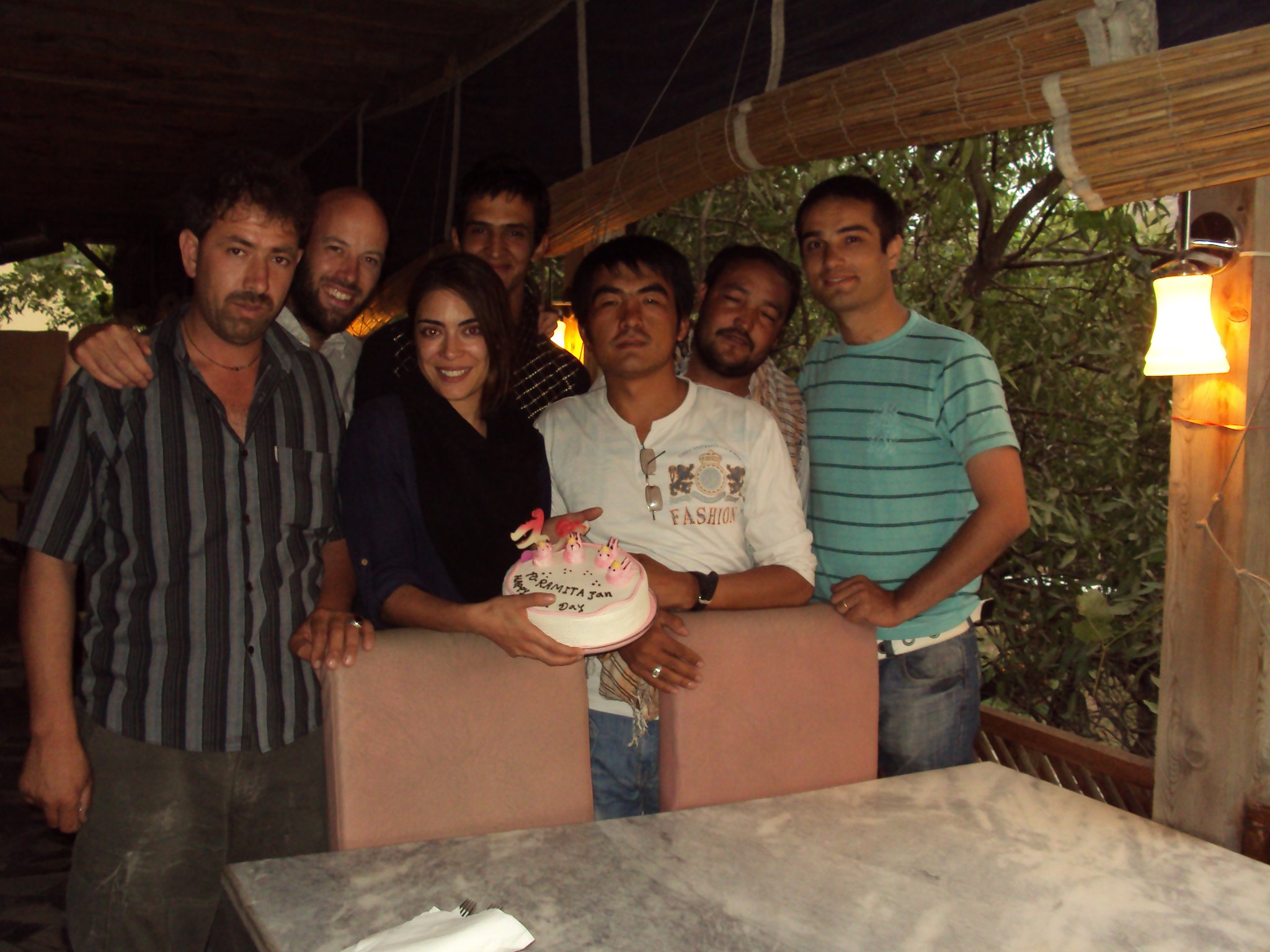
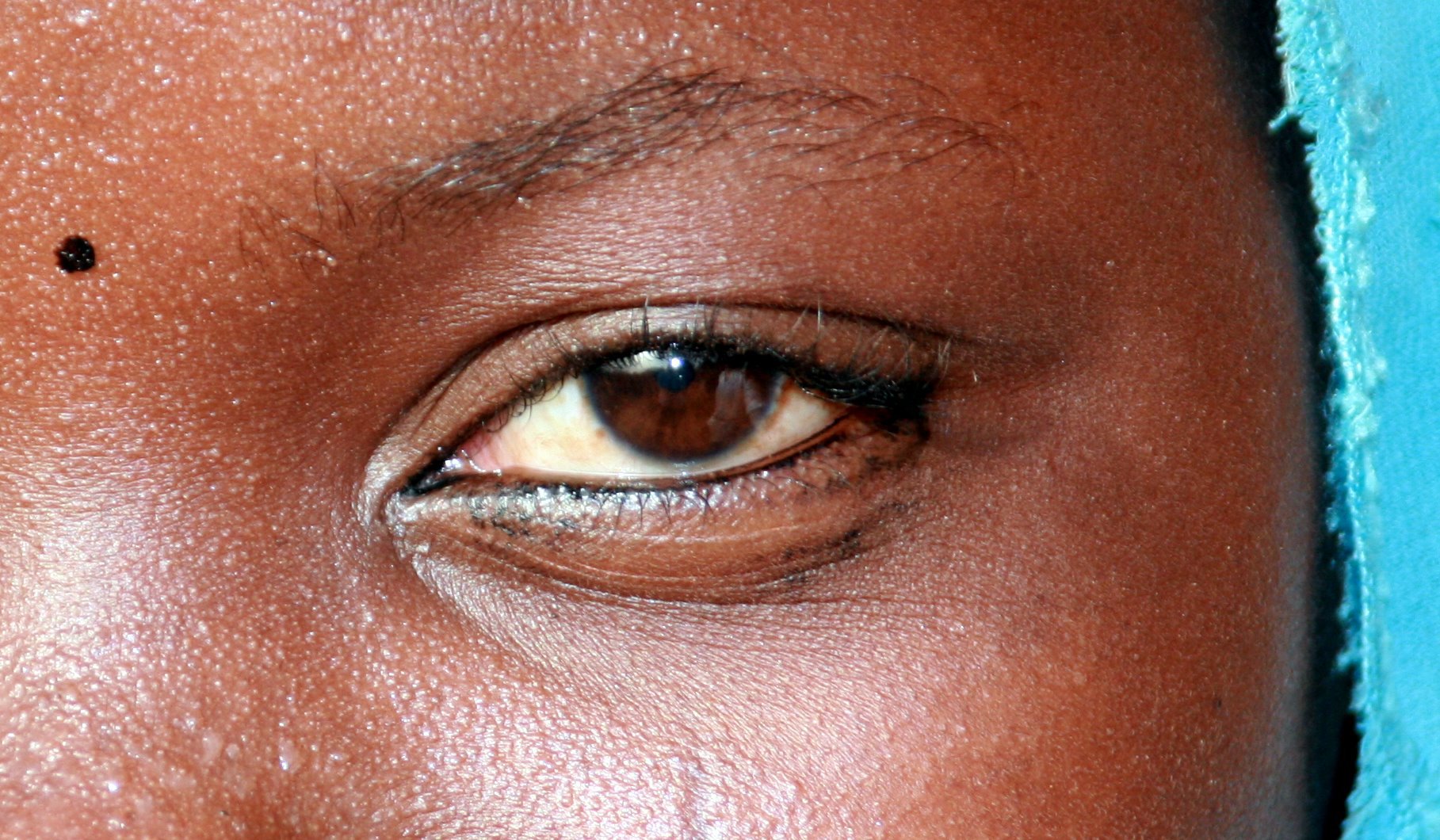

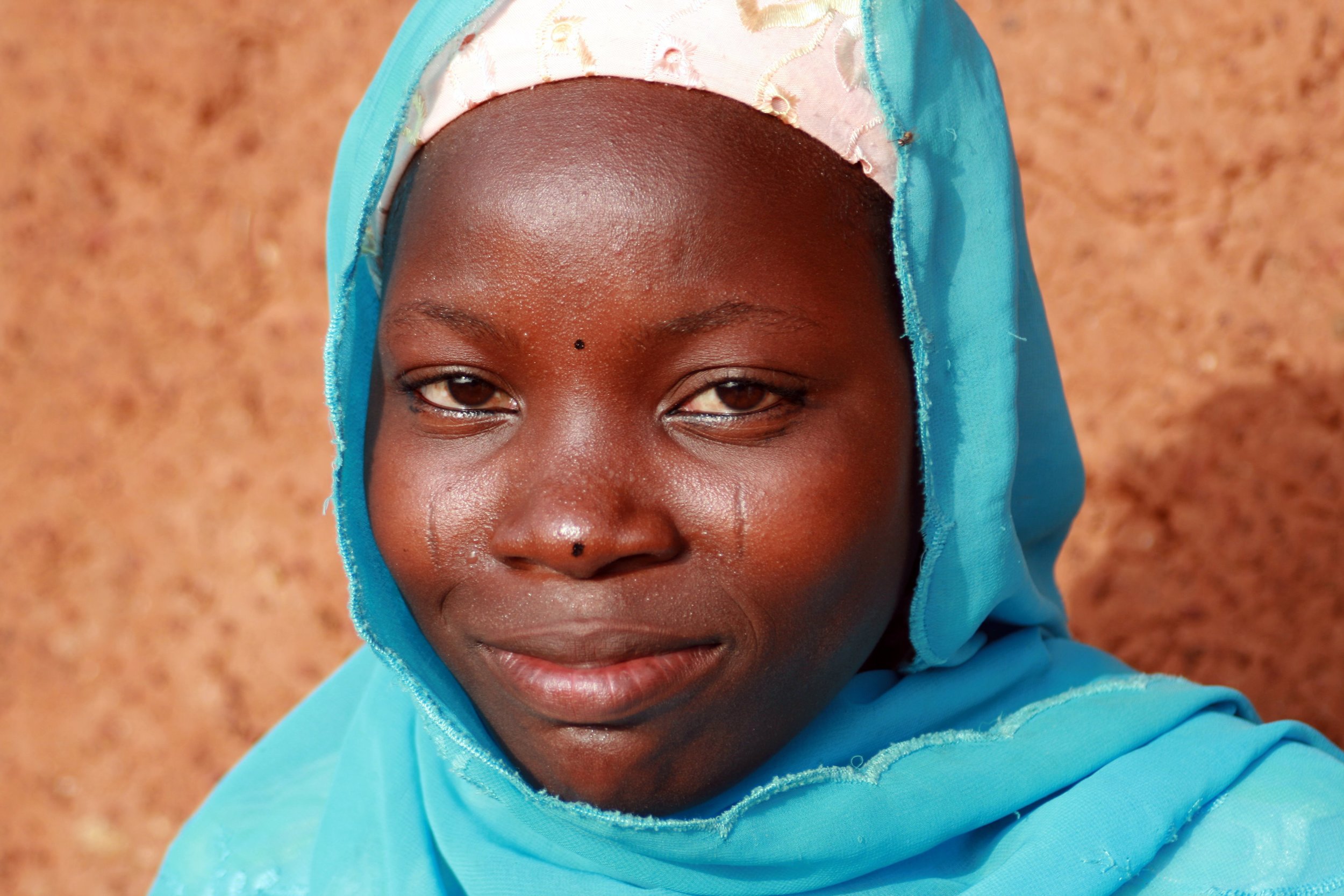
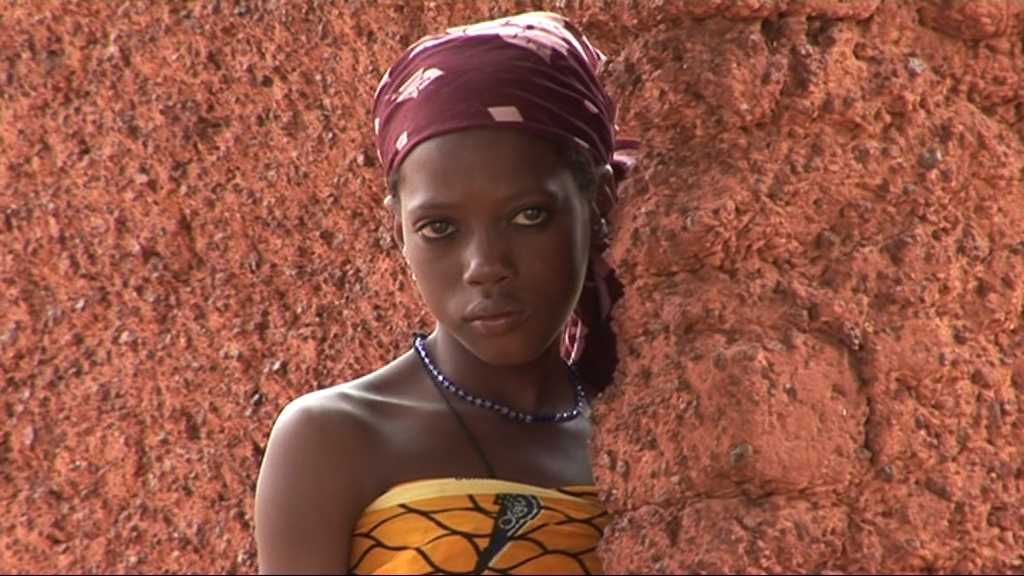


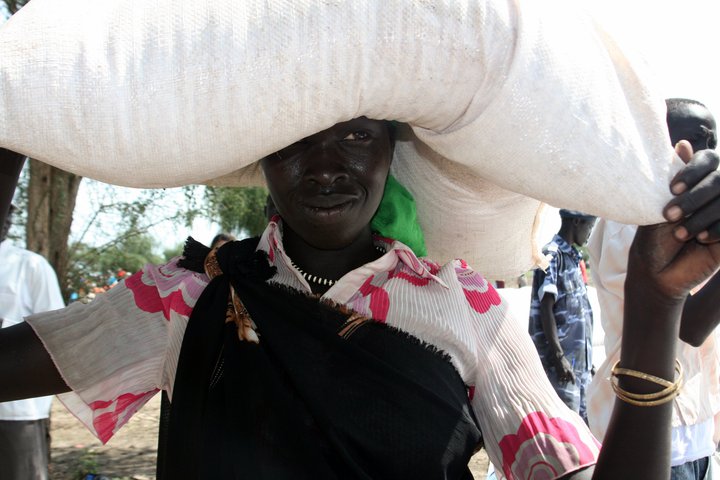
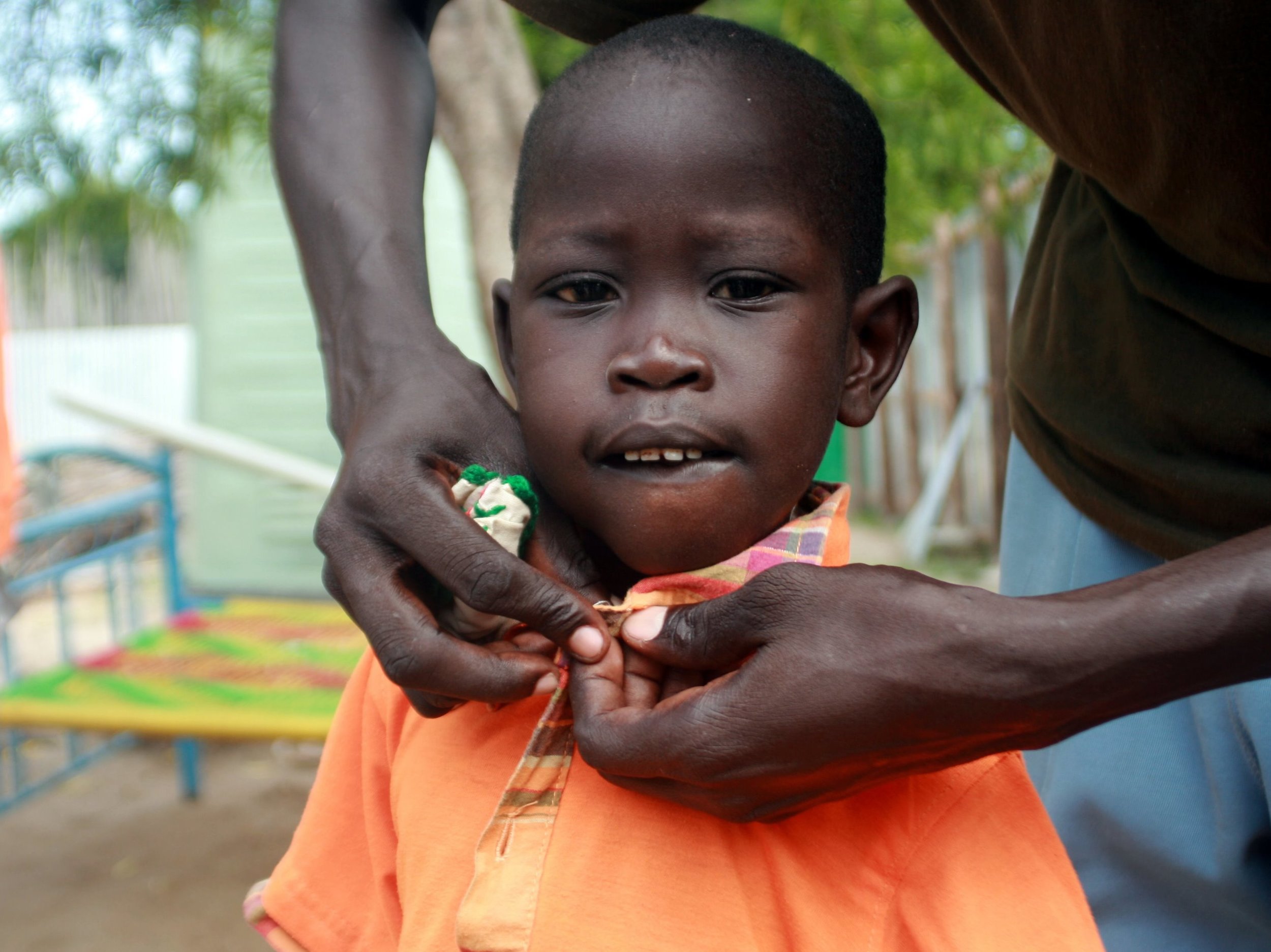
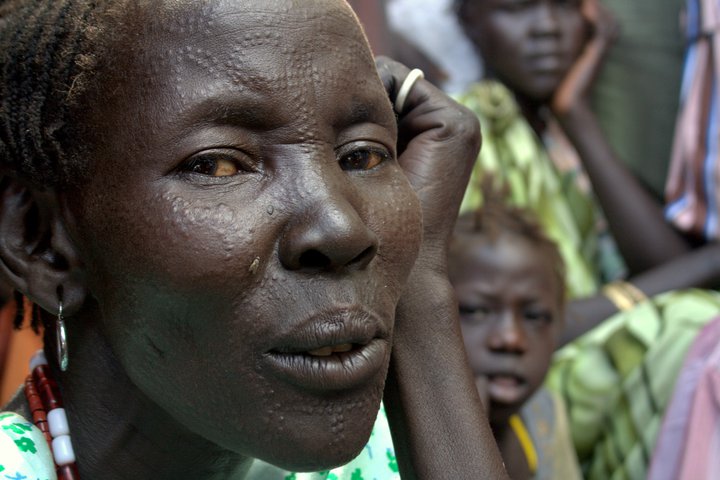
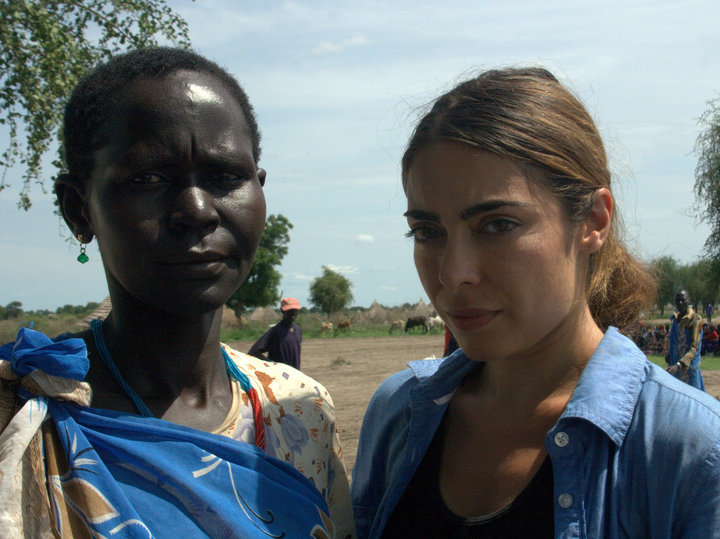
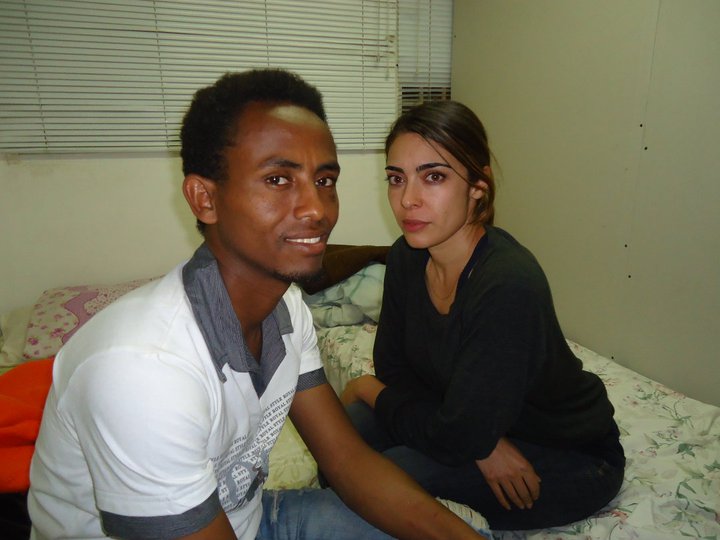
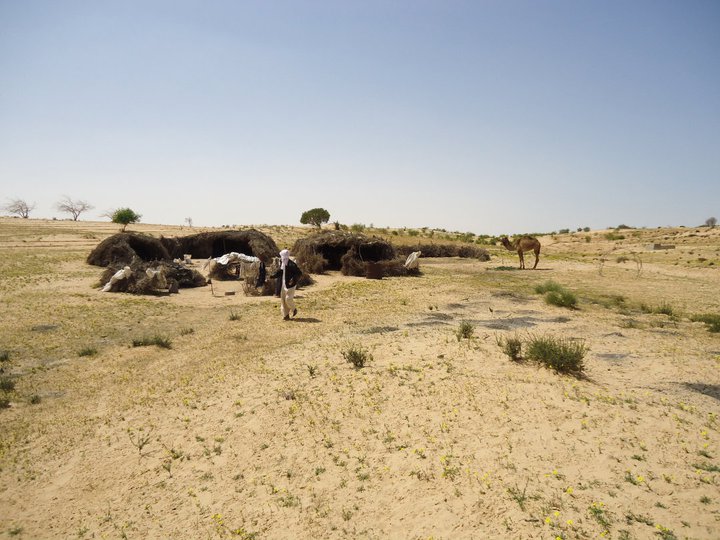
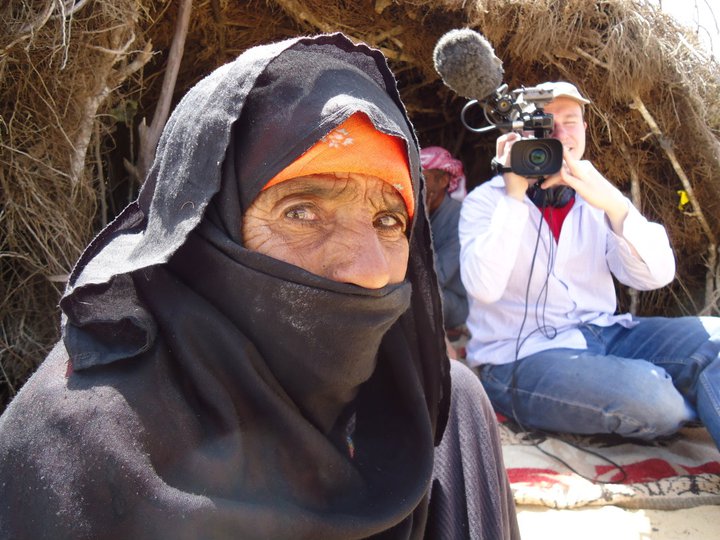


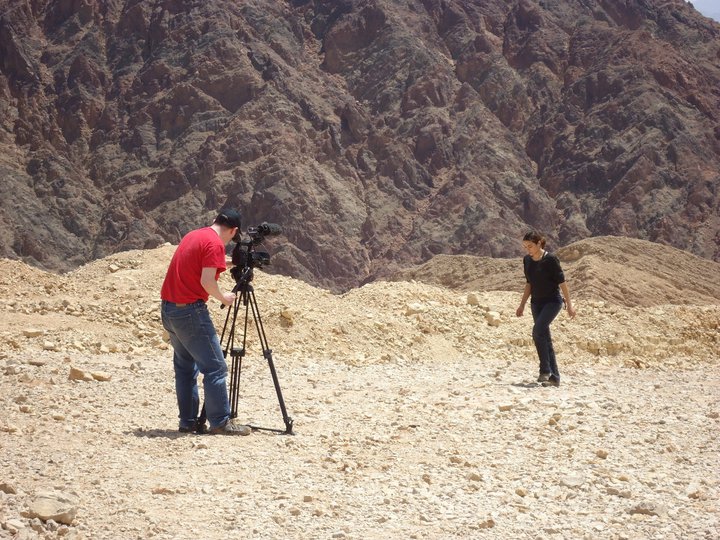
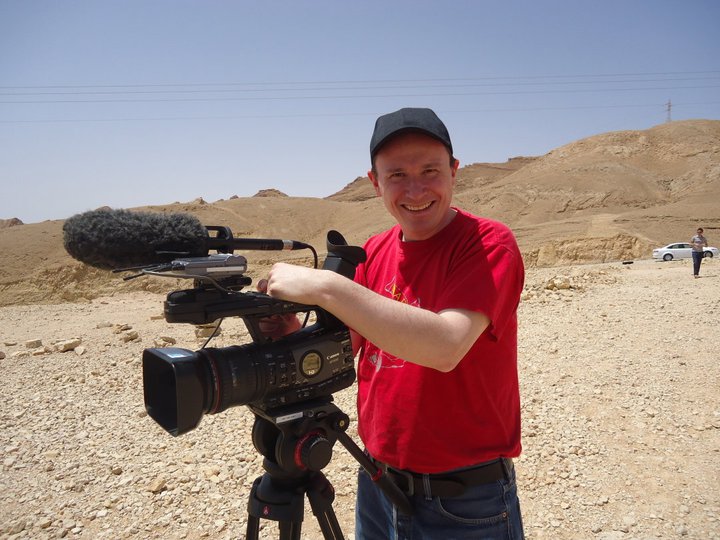
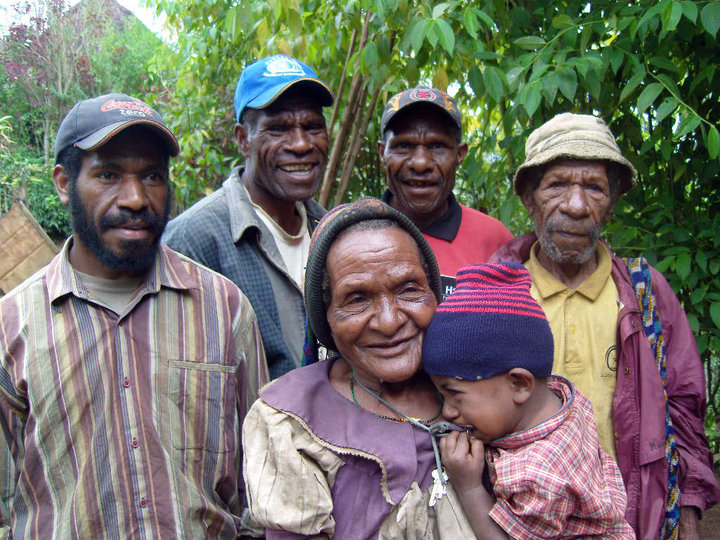
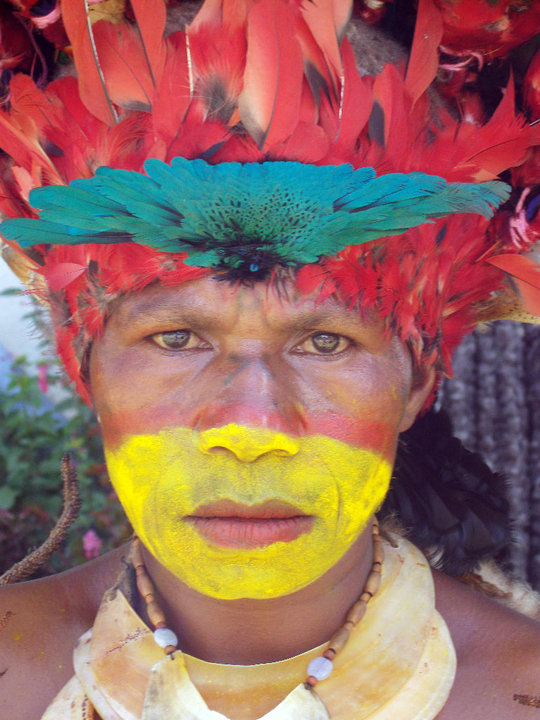
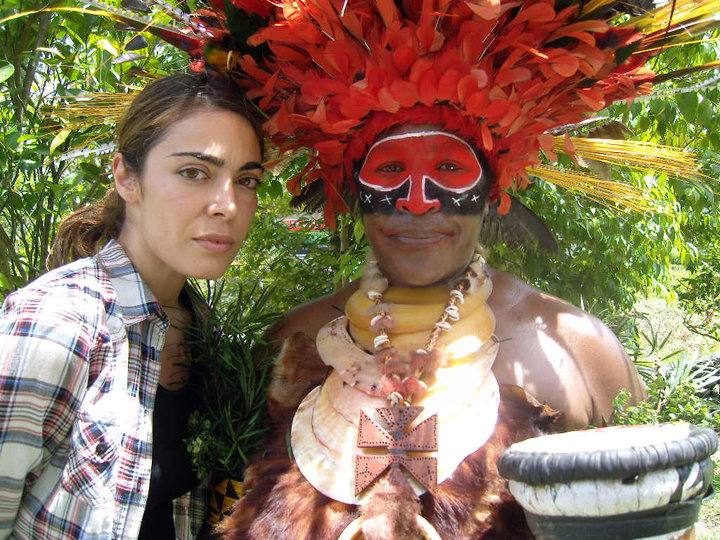
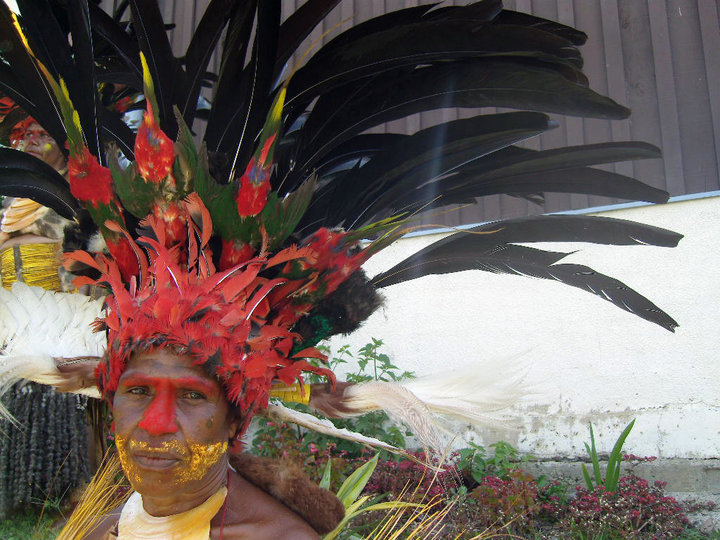
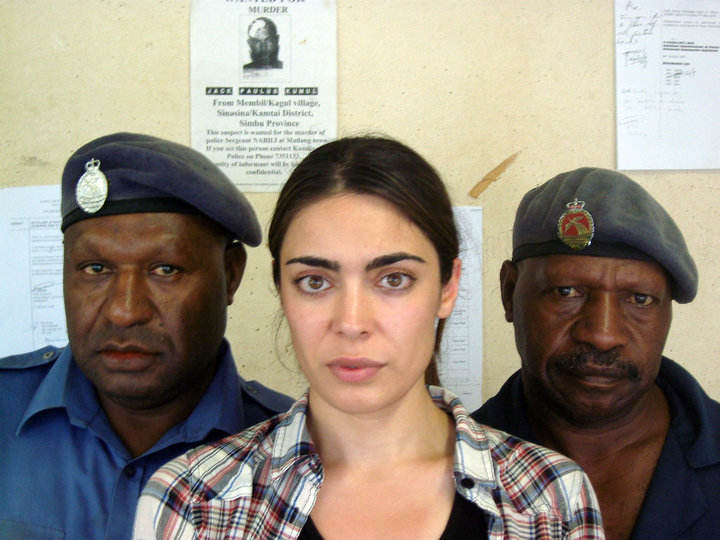
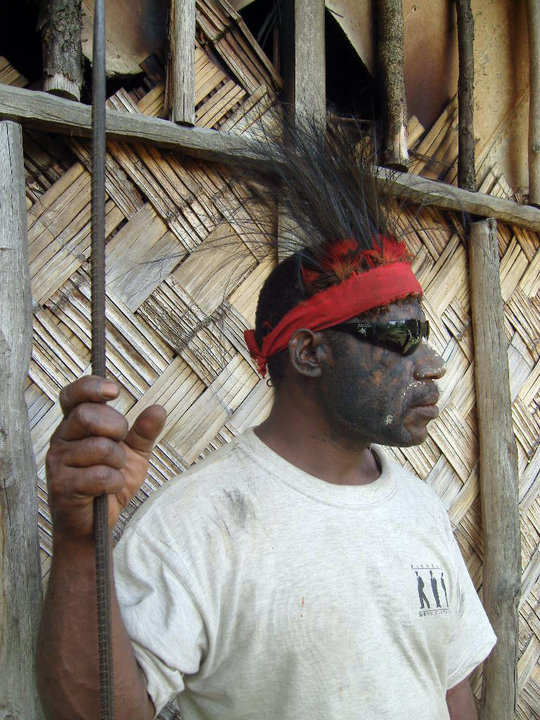
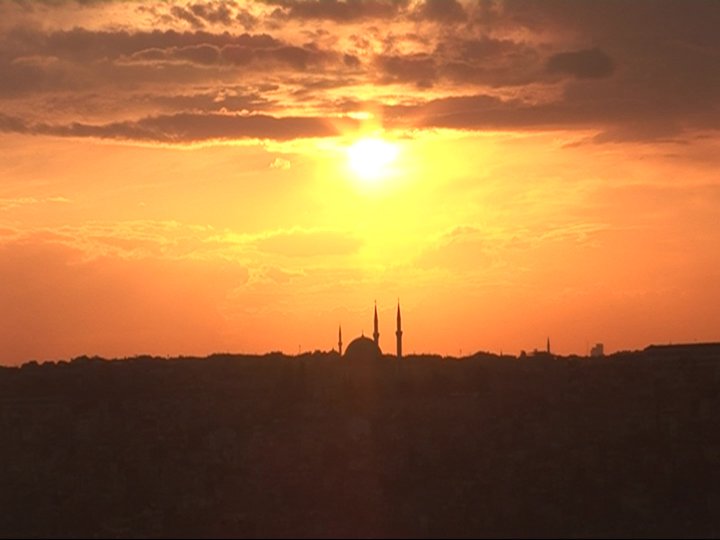
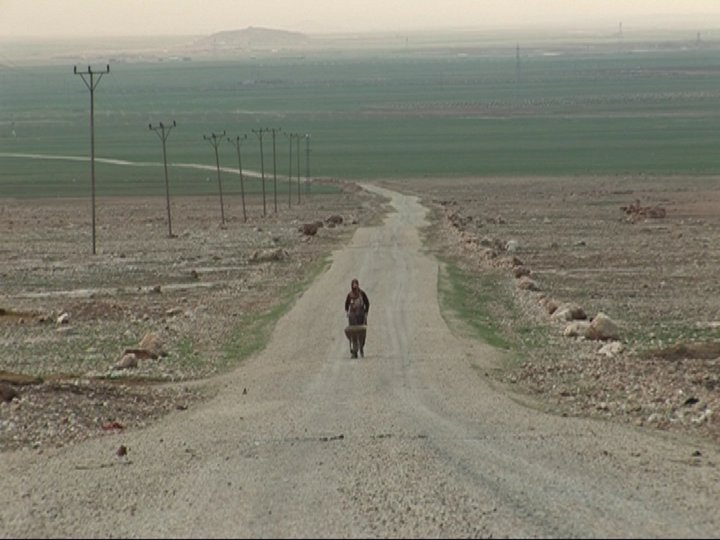
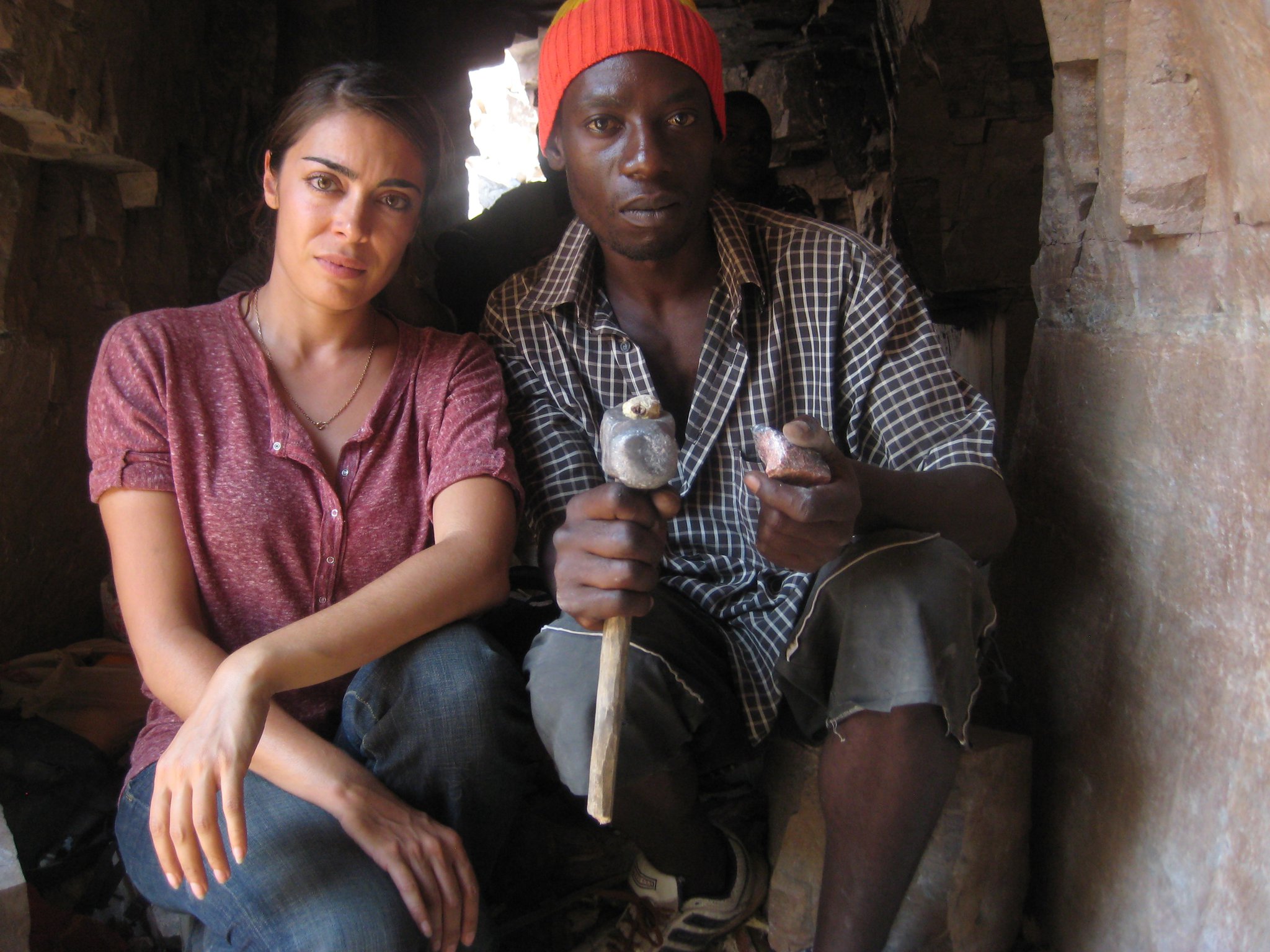
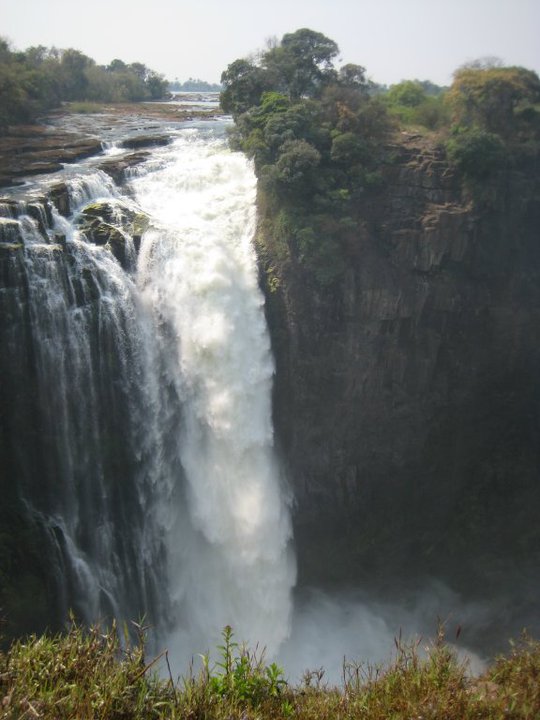
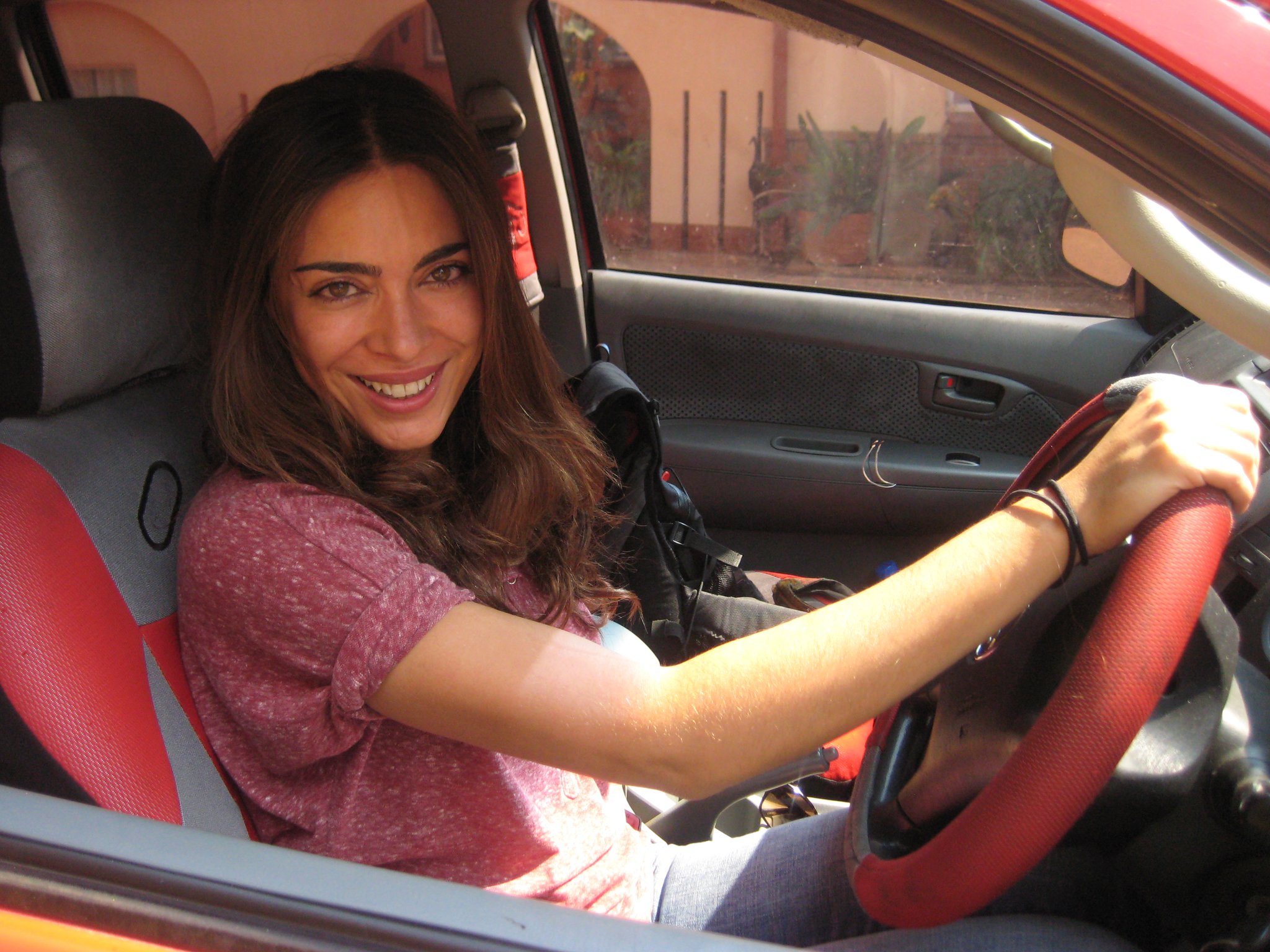
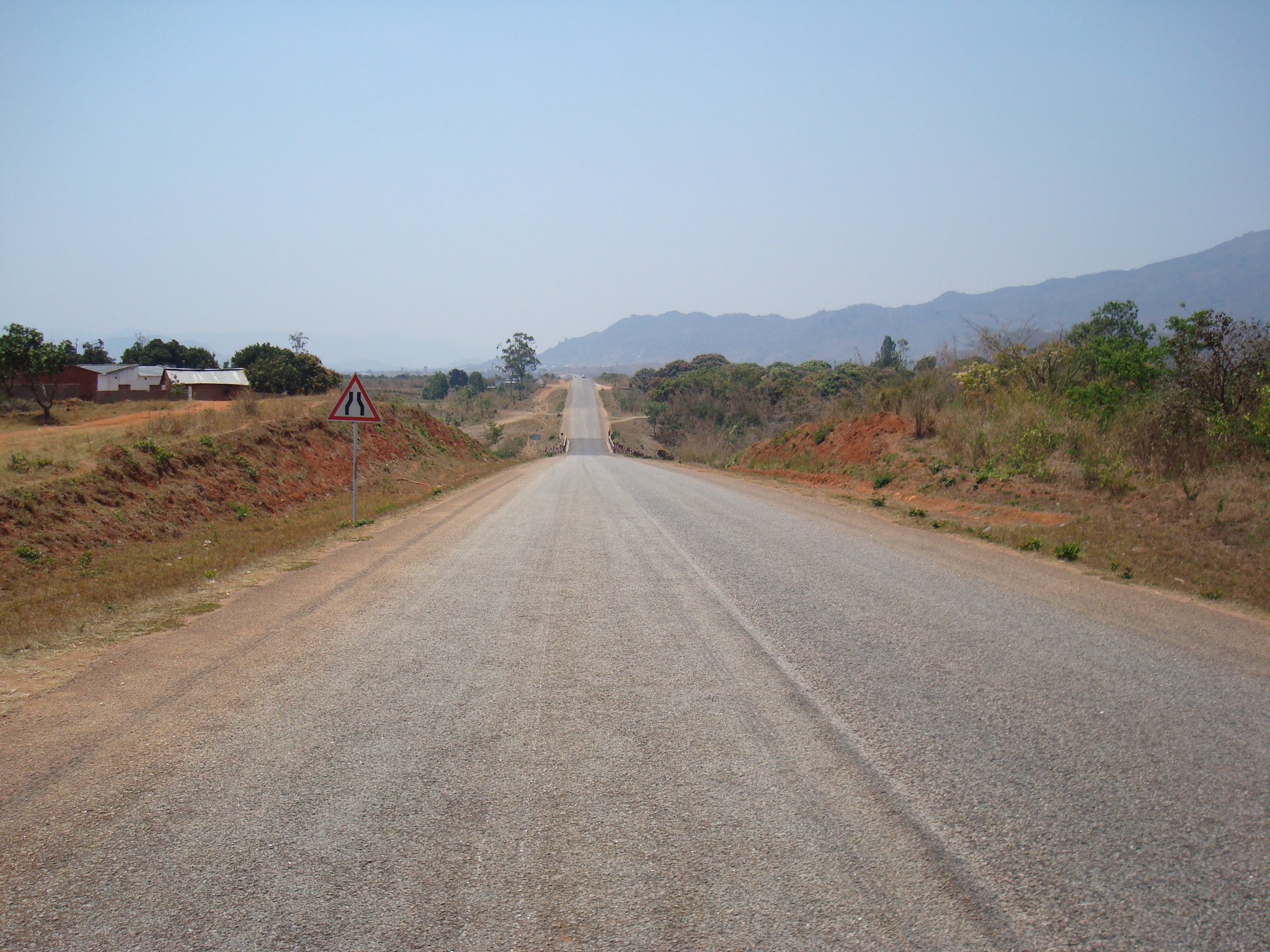
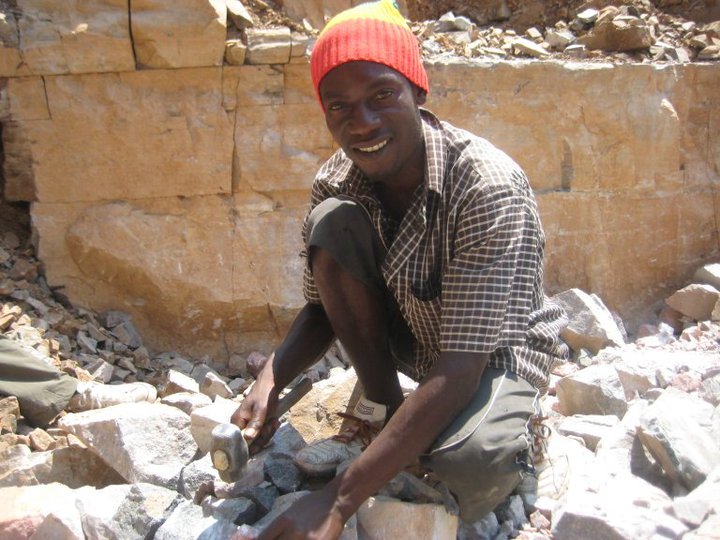
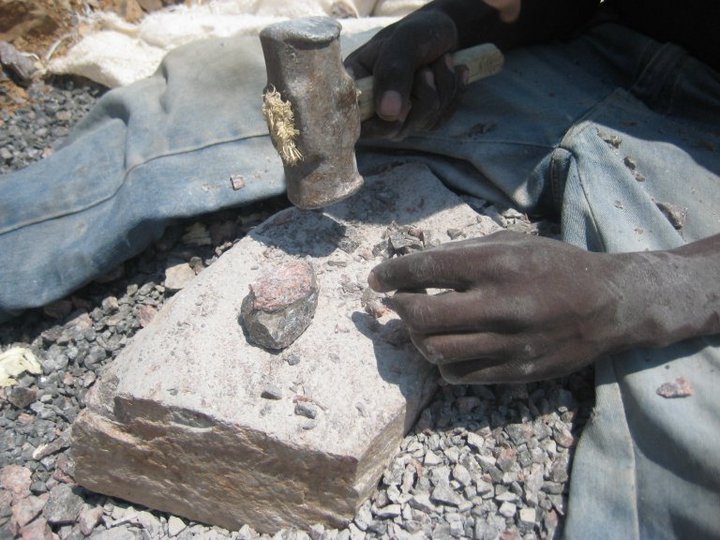
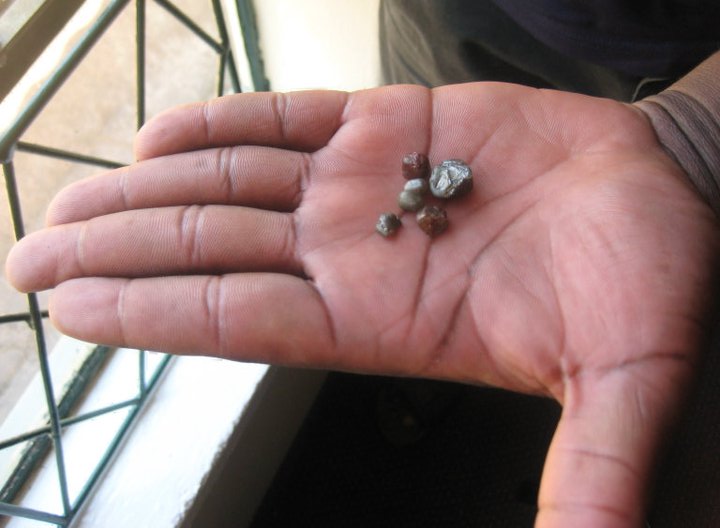
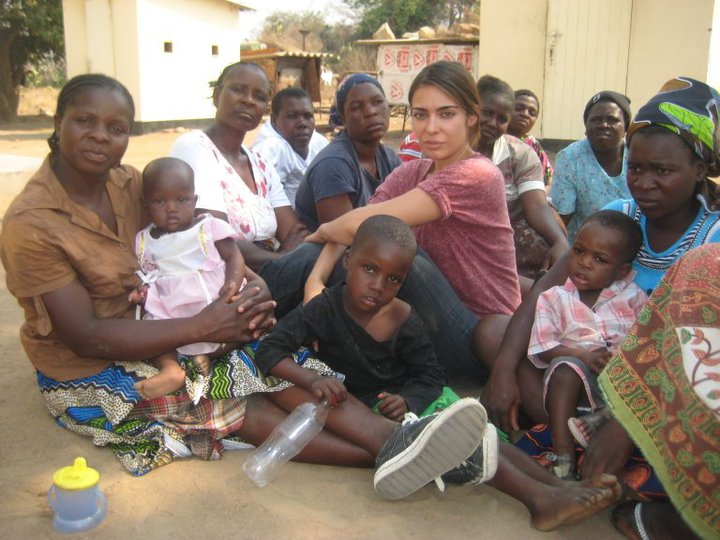
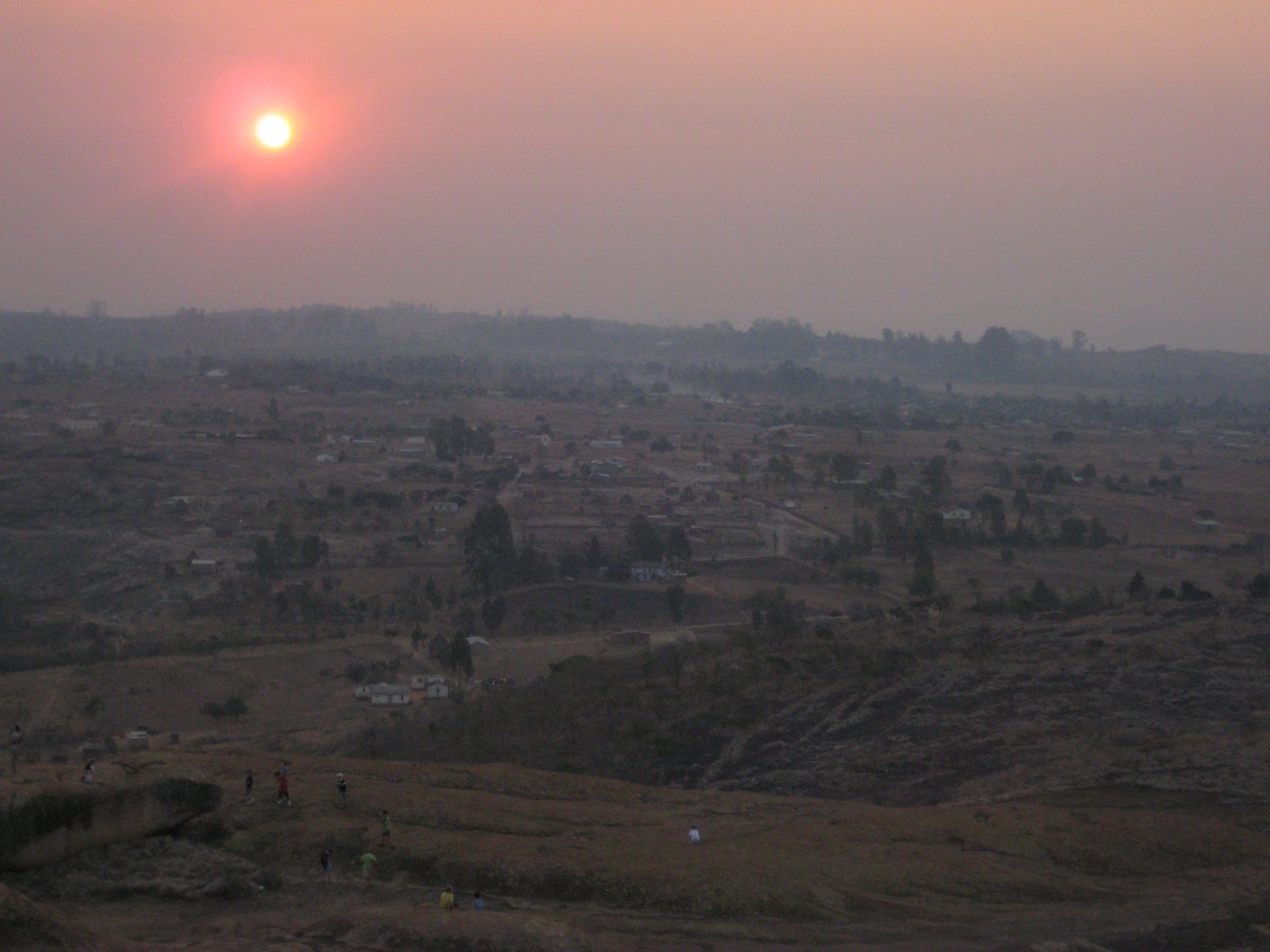

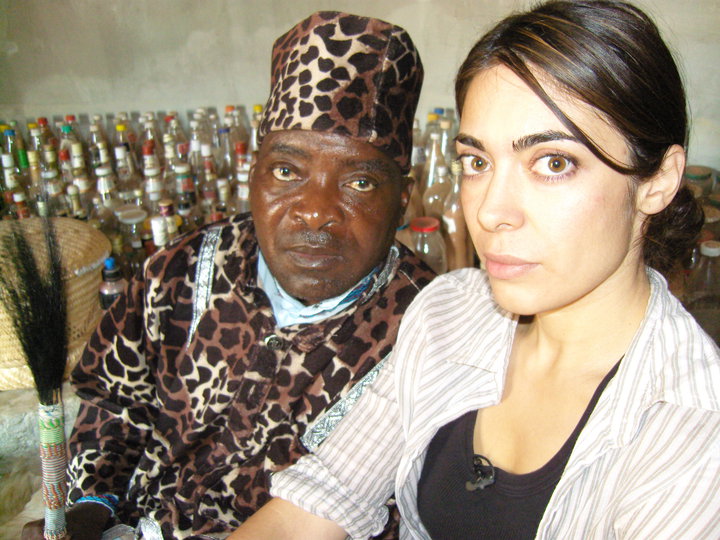
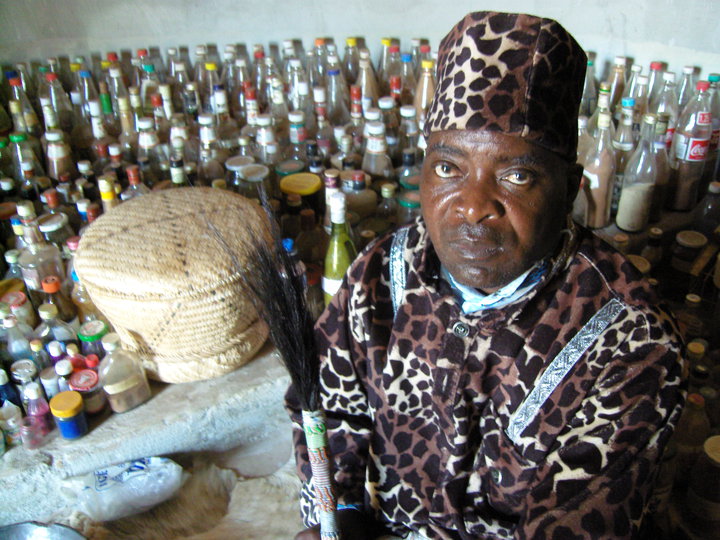
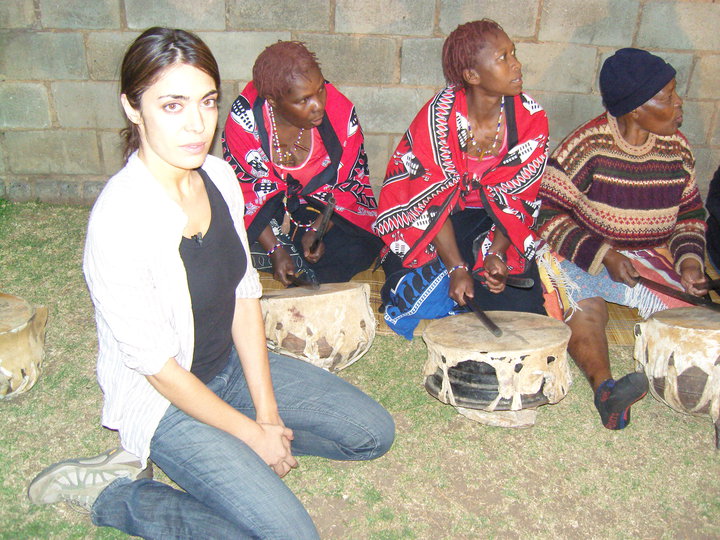
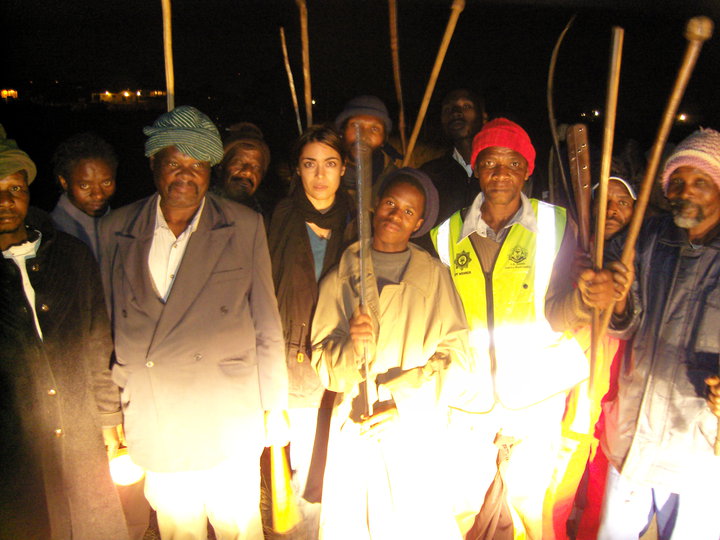
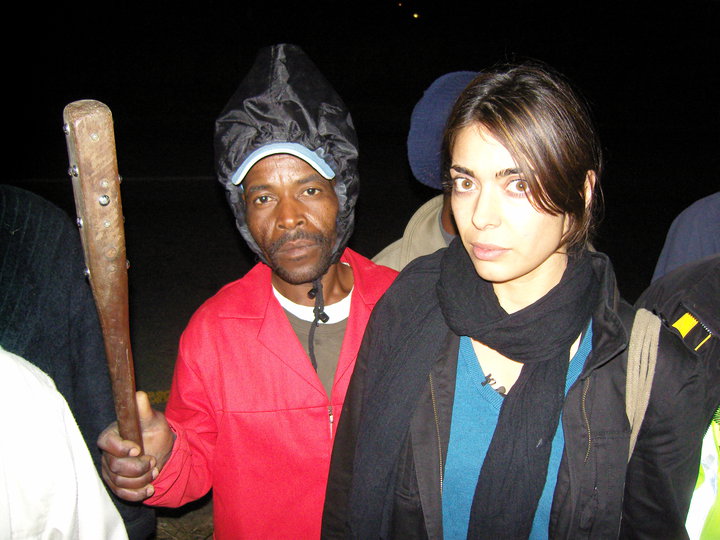
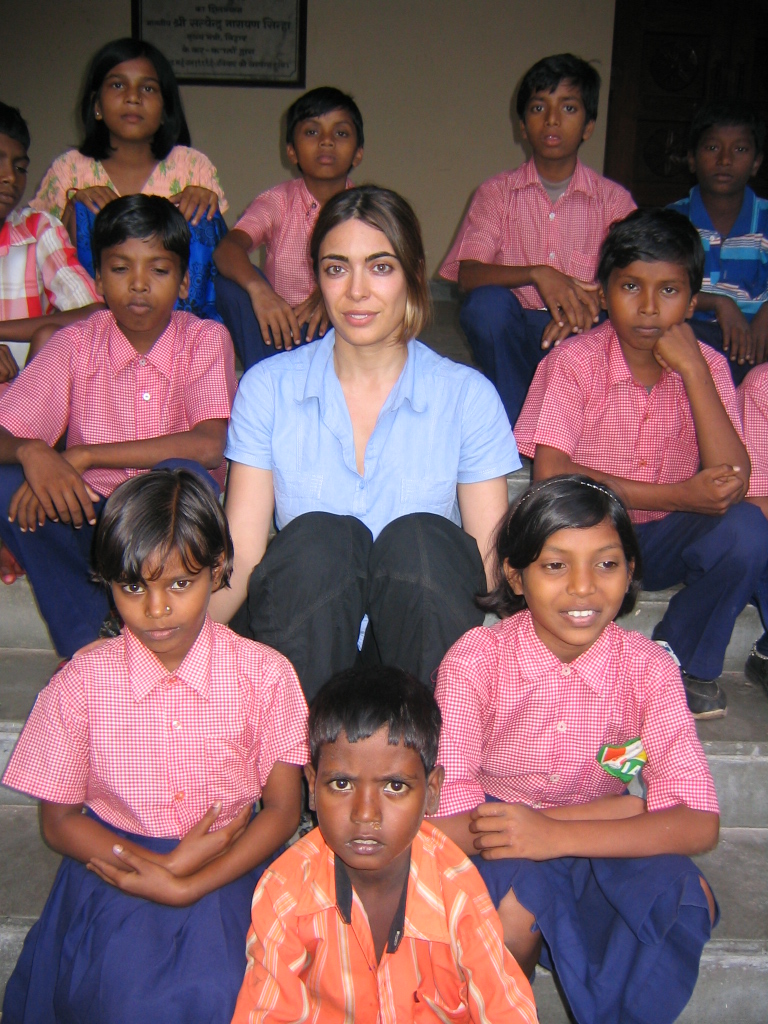
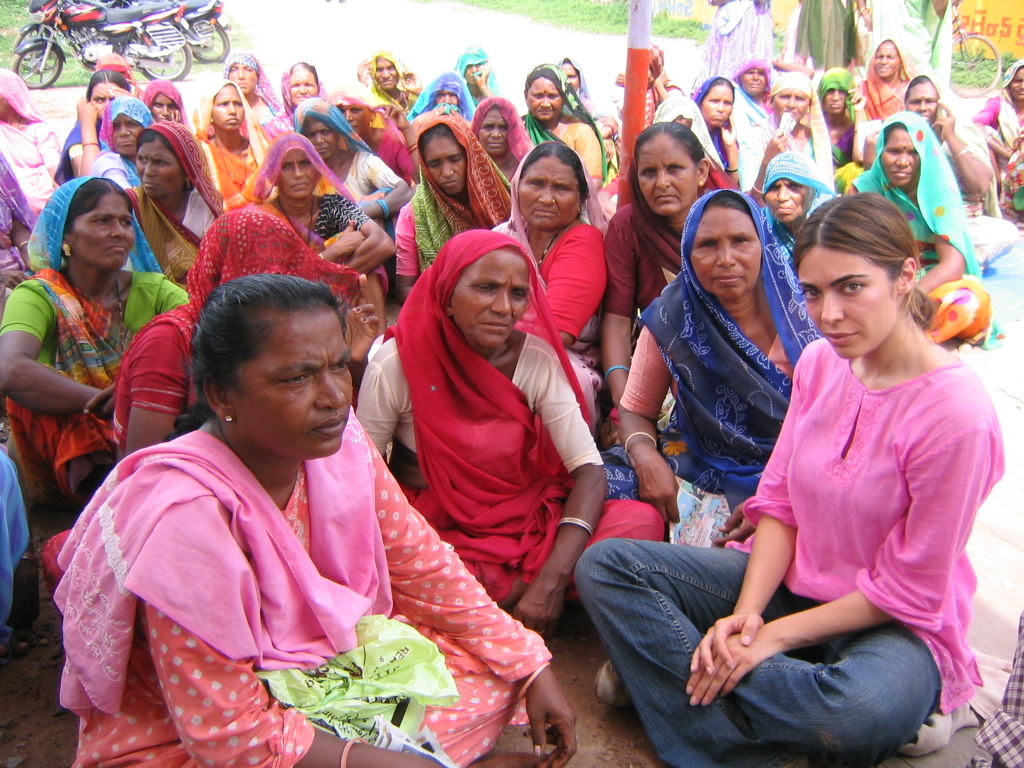


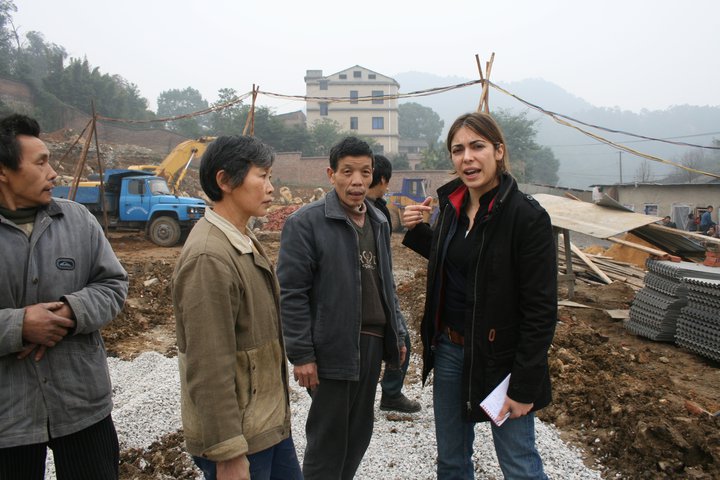
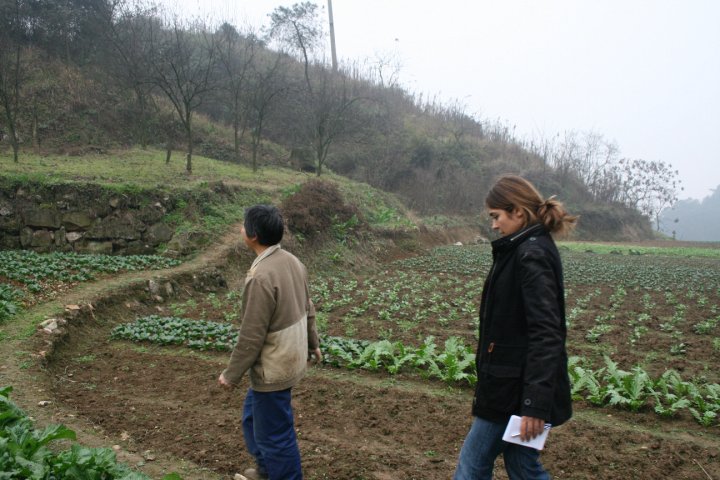
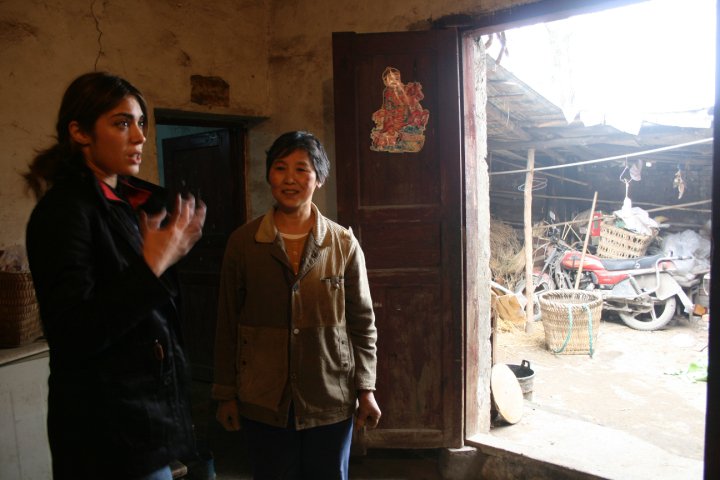

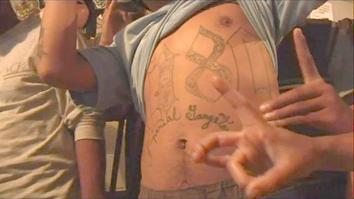
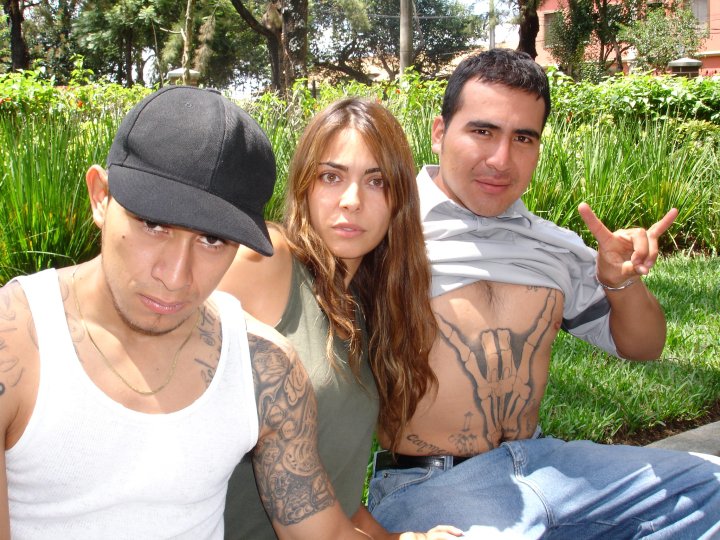
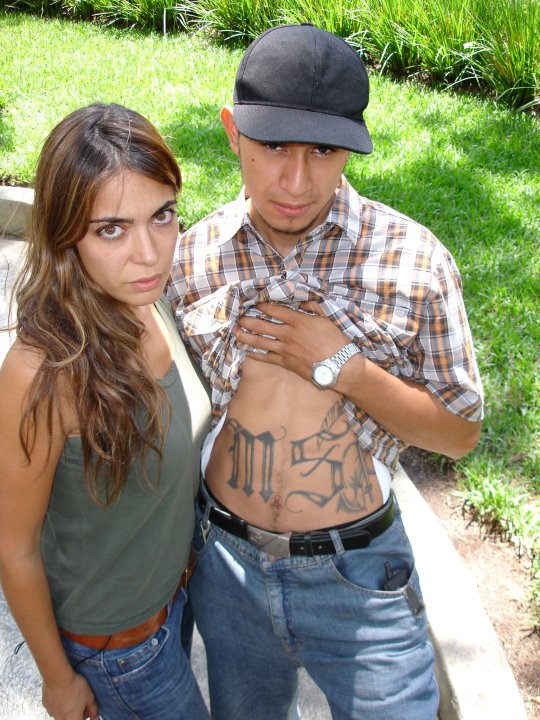
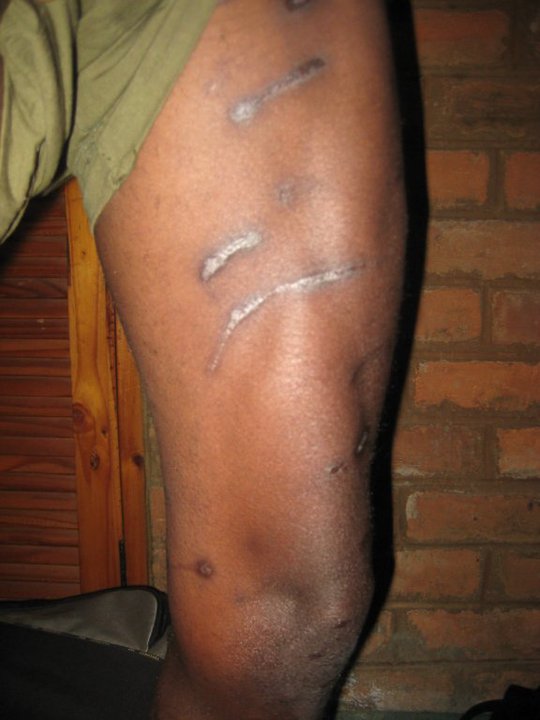
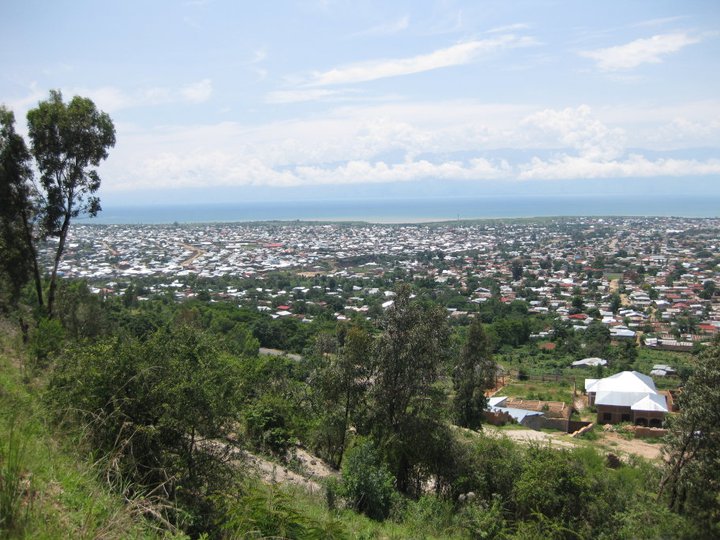
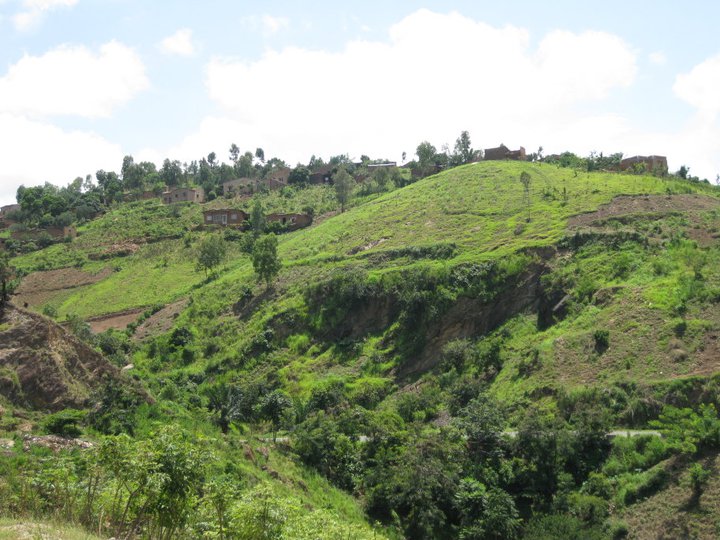
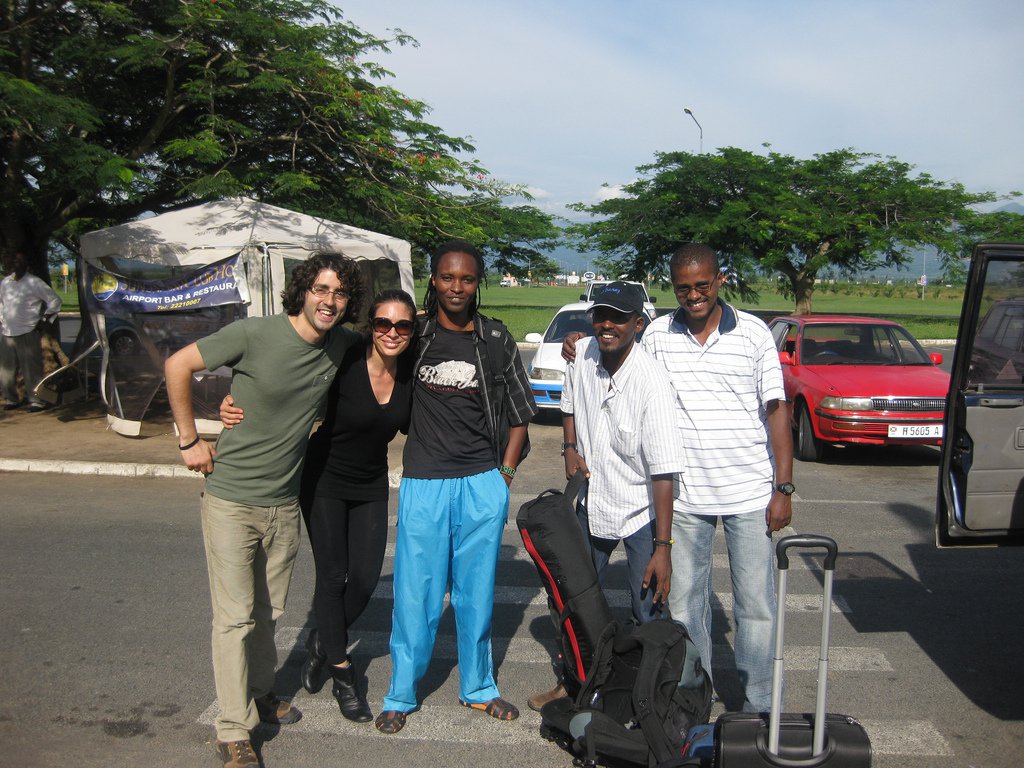
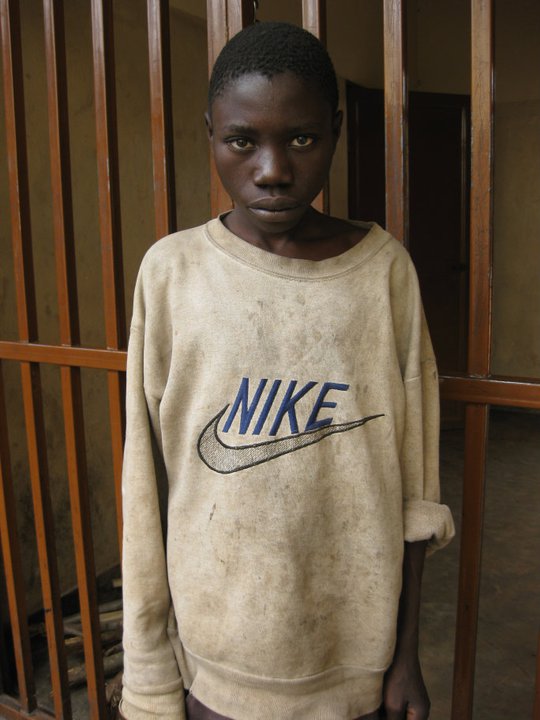
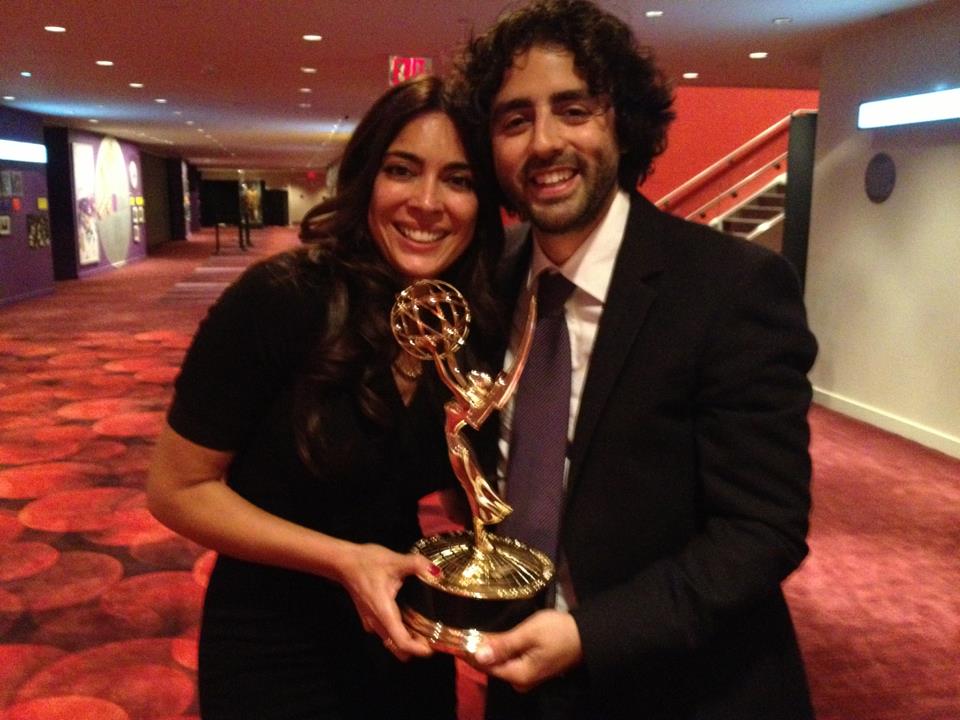

The Peruvian government wants to sell nearly three quarters of the country's Amazonian rainforest to global corporations for oil and gas exploration and mining. We travelled deep into the Peruvian jungle to investigate how this has led to violent clashes with thousands of indigenous tribal people. Here we met with tribesmen in the remote village of Washintsa, in the Pastaza river basin.

The people of Washinta have united with neighbouring villages to resist the oil companies’ attempts to buy the rights to their land.

There are more than 10,000 gangsters in El Salvador and gang warfare is claiming more lives than ever. The country is in the grip of the worst violence in a decade, with 12 murders every day, in a tiny country of only 6 million - one of the highest murder rates in the world.
This is 'Small', a child hit man for the 18 Street gang. He first killed when he was just 12 years old - the day he joined the gang. Now he's 14.

Raquel was tortured and killed by gangs shortly after she started to hang around with them. Her remains were buried in a mass grave. Her mother is too scared go to the police.

Not even the deployment of thousands of soldiers on the streets has succeeded in stemming the bloodshed.

An ex-member of the 18 Street gang, this young woman now lives in fear of her life, for if anyone from the rival MS 13 gang spots her, they'll kill her. Gang members have to earn the right to get a tattoo this prominent - but she didn't want to tell us what she had done. Younger gang members are no longer having tattoos so they are not so easily identifiable.

Every year hundreds of young boys go into hiding to escape the pressure to join the gangs. These teenage boys - each from difference parts of the city - now live in a charity safe house. They told us if the gangs ever tracked them down, they'd kill them.

War-torn Burundi has no juvenile justice system, so children are locked up for years without trial in dangerous adult jails. They face violence and constant sexual abuse.

For most of the children, 62-year-old Pierre-Claver Mbonimpa is the only hope. While wrongly imprisoned himself, he found the body of a murdered child inmate, was deeply affected and decided to devote his life fighting for victims of injustice.

Watching the incredible Pierre at work. All the prisoners show him the deepest respect - he used to be one of them, wrongly imprisoned in this very jail for two years, and more recently again in 2014, this time for speaking out against the military.

Afghanistan has the youngest population of drug addicts in the world. This is the Sanga Amaj rehab clinic in Kabul and all of these children are recovering from either heroin or opium addiction.

Funded by the US State Department, Sanga Amaj was originally set up to treat women. But patients started turning up with their children - who were also addicts.

Three-year-old Zarimeh lost her arm when her village was bombed in fighting between the Taliban and western forces in the southern province of Helmand. The family had no access to medical care and her father was forced to give her opium to ease the excruciating pain. She is now addicted.

Razrak village. One of the village chiefs says all 400 people who live in Razrak take opium – including the children. Many use it here to stave off hunger pangs - despite the billions in aid that Afghanistan has received, we witnessed desperate poverty.

Nigeria has one of the highest rates of child marriage and pregnancy in the world and the federal government has tried to ban marriage under the age of 18 by passing the Child Rights Act in 2003. However, five years later, only one northern state has adopted the act and even then replaced the age of 18 with 'puberty'.

We travelled to the country's most volatile state, Jonglei, where most of the violence has been concentrated. In Akobo we found thousands of people waiting for a UN emergency food drop in the town of Akobo.

The women here told us they had all fled recent attacks and have not had enough to eat for over two months. They also said they'd resorted to eating wild grass and leaves.

Everyone we spoke to told us they'd had loved ones killed by the fighting - including Nybola. Her husband and three of her children were killed in two separate attacks.

We travelled to one of the most isolated places on earth to investigate the brutal phenomenon of witch hunting that is undergoing a dramatic resurgence. Victims are burnt at the stake; stoned; slashed and even buried alive. Nearly all of the victims are women, and their attackers are rarely punished.

We travelled to Simbu province, an area believed to be the epicentre of sorcery killings. Here we met the officers working at Kundiawa police station. They told us they are so under-resourced, they don't have pens and paper to take reports.

I investigated claims that gems from one of the world's biggest diamond fields are being used by Robert Mugabe's Zanu PF party to entrench their hold on power by buying the military's loyalty, amid a backdrop of human rights abuses.

Our first stop was Victoria Falls - the director and I were working undercover, posing as tourists.

Winston looking for diamonds. He had worked at the Marange diamond fields, but after witnessing killings, he got scared and fled.

Private developers have moved into Ge Le Shan village just outside Chongqing- and that means hundreds of farmers are being evicted from their land. Yu Shu Rong, on the far left, has been bravely protesting her eviction.

Chongqing is the world's fastest growing city. Set to become a super city and home to 20 million by 2020, the government is spending billions building its infrastructure. But China's economic boom comes at the expense of tens of millions of workers and dispossessed farmers. The locals here told me the spot we were standing on used to be their farmland.

Farmers lease their land from the state for 30 years. The state can sell it at any time. For nearly all farmers, this is all they have.

Disappearances, death and torture have become part of the daily routine in many parts of Guatemala. I met vigilante groups, street gangs and the beleaguered security forces as they all battle for control.

We had to get permission to enter prison - that is permission from the prisoners themselves, who are gang members. These boys were members of the 18 Street gang. Many of them had killed rival gang members.

We met many diamond panners who showed us scars from beatings and dog attacks. They were all too scared to talk on camera, so we filmed them anonymously, meeting them in safe-houses and secret locations across the country.

Our wonderful team - from left to right: director Wael Dabbous, translator Aloys Niyoyita, photojournalist Jean Peirre Aime Hareimana and driver Pierrot Sant'ana.

Nestor said he was 12 years old. His case was heartbreaking - he said his family did not love him. Pierre suspected that his mother no longer wanted him around as she had a new partner.